Calvin Freeman ’69
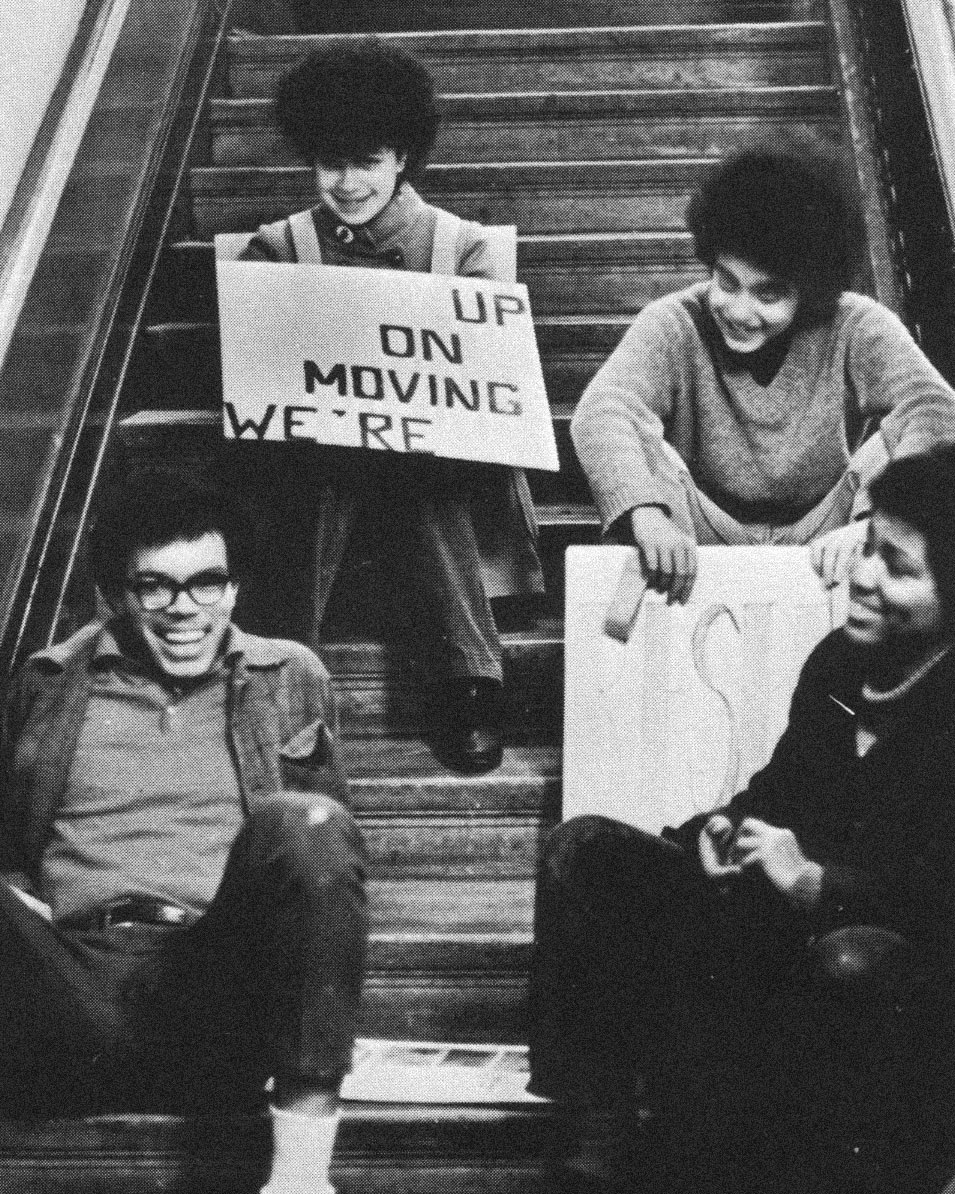
Calvin Freeman ’69, front-left
November 2020, in Elk Grove, California.
In the late ’60s, Calvin was one of the student leaders at Reed confronting what would come to be known as systemic racism. His participation in the Black Student Union helped change the dialogue about race at Reed. When he looked back at those days, he said, “On one hand . . . the failure of Reed to really recognize and embrace diversity and cultural studies and even allow the hint of a multicultural perspective in its academics was a major disappointment. Balanced against that are people I’ve remembered and loved my entire life . . . and memories and experiences that were hugely formative in where I am now and who I am now. Reed absolutely remains a part of me.”
His family placed a high value on education when he was growing up in St. Louis. Calvin’s mother worked as an account clerk for the telephone company, and his father, who had gone to college, worked for the post office. His grandmother, also a college graduate, was the first Black social worker supervisor in the state of Missouri. His parents divorced when he was a year old, but as both sides of his family attended the same Lutheran church, he maintained close contact with them.
Calvin was an assertive learner who was serious about school. In the fourth grade, his teacher gave him the fifth-grade history book to read. “Until I got to high school,” he said, “I was the student that every teacher loved to have in the classroom.”
He started out in segregated schools, but by the time Calvin was in the sixth grade, school integration had begun in St. Louis and he was moved into a gifted program.
“For the first time, we had white teachers who, for the first time, had Black students in their classes,” he recalled. “I had one teacher who viewed me as arrogant. Another viewed me as weird. A third one really got me. And then in high school, the same kind of mix.”
He went to two different high schools; the second was a new school and Calvin was in its first graduating class. A Black guidance counselor suggested that Calvin consider Reed and arranged an interview for him with an admission officer. It was the beginning of affirmative action, and students like Calvin were in demand.
“I knew absolutely nothing about Reed, except that it had a terrific academic reputation, people folk danced and had intellectual discussions in the coffee shop,” he said. “But it was totally uncharted territory. I’d never been farther west than Jefferson City, Missouri, and it was a chance to see the Pacific Ocean.”
He arrived at Reed determined to major in physics, but his St. Louis public school education had not prepared him for the math and science required to succeed in undergraduate physics. His sophomore year, he switched majors to economics, with Prof. Art Leigh [economics 1945–88] as his adviser.
“I fell totally in love with economics,” Calvin said. “The analytical tools that economists claim to have, the use of math in it, the rationality of it in terms of a systemic approach to a field, were just very attractive. And I wound up working for Art Leigh as a reader because of his vision impairment. I read articles, papers, and other things into a tape recorder. Can you think of a better way to make sure that a student reads the material?”
With Leigh advising, Calvin wrote his thesis, “A Redefinition of U.S. Balance of Payments.”
He played basketball and hosted The Night Beat Show, a late-night radio show on Reed station KRRC, with his best friend, Joe Hudson ’69. They spun jazz, R&B, and Motown records and did comedy sketches. Calvin’s calm demeanor, good sense of humor, and ability to hold his own in intellectual discussions earned him many friends on campus. By the end of his first semester, he believed he was well integrated into the school.
Prior to 1964, only two Black students had ever graduated from Reed. During Calvin’s first year there were eight Black students; by his junior year there were 38. The growing Black population on campus profoundly changed his social life as well as his academic and political outlook.
“When there was a critical mass of Black students, then our socializing tended to be with other Black students,” he said. “Not exclusively by any means, but much more of a bonding which, to white students, and maybe objectively true, there were barriers to entry and interaction, and feelings of being left out. It created a different vibe on the campus that hadn’t been there before.”
Nonviolent civil rights protests that had begun in the South in the ’50s and ’60s had become more militant by the late ’60s, especially following the assassination of Dr. Martin Luther King. The Black Panthers had a small but active chapter in Portland, and other groups, like the Students for a Democratic Society, were advocating militancy versus peaceful means to create important change.
“That same kind of transition was happening on campus,” Calvin remembered, “especially when more politically sophisticated students generally, and especially more politically sophisticated Black students, came on campus. The tone changed to one of more activism and more demand for change on the campus in the curriculum, in the faculty, and in the student body.”
In 1967, Black students at Reed established a Black Student Union to call attention to the lack of culturally relevant studies on campus, the lack of Black faculty, and what they perceived as Reed’s reluctance to engage with what was happening in the outside world. Calvin served as the BSU’s first president.
Things heated up the next year following the Democratic National Convention in Chicago, the assassinations of Martin Luther King Jr. and Sen. Robert Kennedy, the Tet Offensive and escalation of the war in Vietnam, and the election of Richard Nixon as president.
“It was absolutely the most tumultuous year of my life up to that point politically and socially,” Calvin said. “And in that year the Black Student Union took a decidedly more activist turn. I would say most of us, including myself, were fairly politically naïve in terms of mounting a movement and an action-based strategy for change. In my senior year, new students coming in brought more expertise in that area. Black studies was definitely early on the list of things we wanted to address.”
Prepared for stronger action than the dialogue engaged in the previous year, the BSU developed a concept paper on what Black studies should look like and ultimately staged a sit-in on the second floor of Eliot Hall, which ended peacefully after seven days. It resulted in funding for a Black studies center. But by 1975, that funding ended.
“The concept of racial unity was shocking to Reed at that time,” Calvin said, “and the takeover was also our way of staying linked to the broader African American community, notwithstanding how isolating Reed could be. I think it was a galvanizing event that provided some basic training in activism that we have carried forward through our lives—that part was a win. In terms of lasting change at Reed, no.”
After earning his MAT degree at Reed, Calvin took a job in educational policy studies at the University of Wisconsin.
“I found that the field of public education is one of the most difficult and bankrupt fields to navigate and I fled from it into public health,” he said. After doing some consulting work, he wound up in Oakland, California, as an evaluator for California’s regional medical programs. He then coordinated the state’s hypertension control program and became the head of disaster medical preparedness for the state. Calvin was the first chief of the Office of Multicultural Health in the state’s Department of Health Services, spent time at the California Endowment, and finally did consulting work.
Looking back to his years at Reed, Calvin said, “The Reed brand stays with you your entire life, and it’s a different kind of brand.” People might be impressed with graduates of Ivy League schools, he acknowledged, but wherever he went people were impressed with his having gone to Reed. “You went to Reed? How’d you do that?” they’d ask.
“That’s been immensely useful career-wise,” he said. “It opens doors and opens attitudes towards you in ways that few other academic brands can do.”
Calvin is survived by his wife, SueAnn, and his son, Yusef Edward Freeman. He was a faithful supporter of Reed.
Appeared in Reed magazine: December 2021
comments powered by DisqusFrom the Archives: The Lives they Led
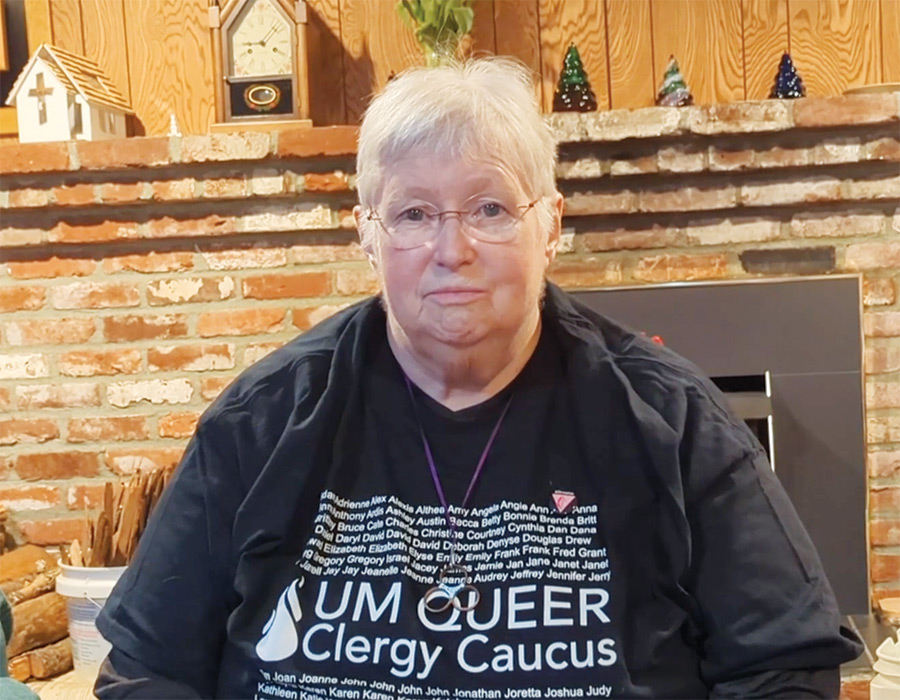
Jeanne Knepper ’69
The First Openly Gay Woman to Be Ordained and Appointed Within the Oregon-Idaho Conference of the United Methodist Church
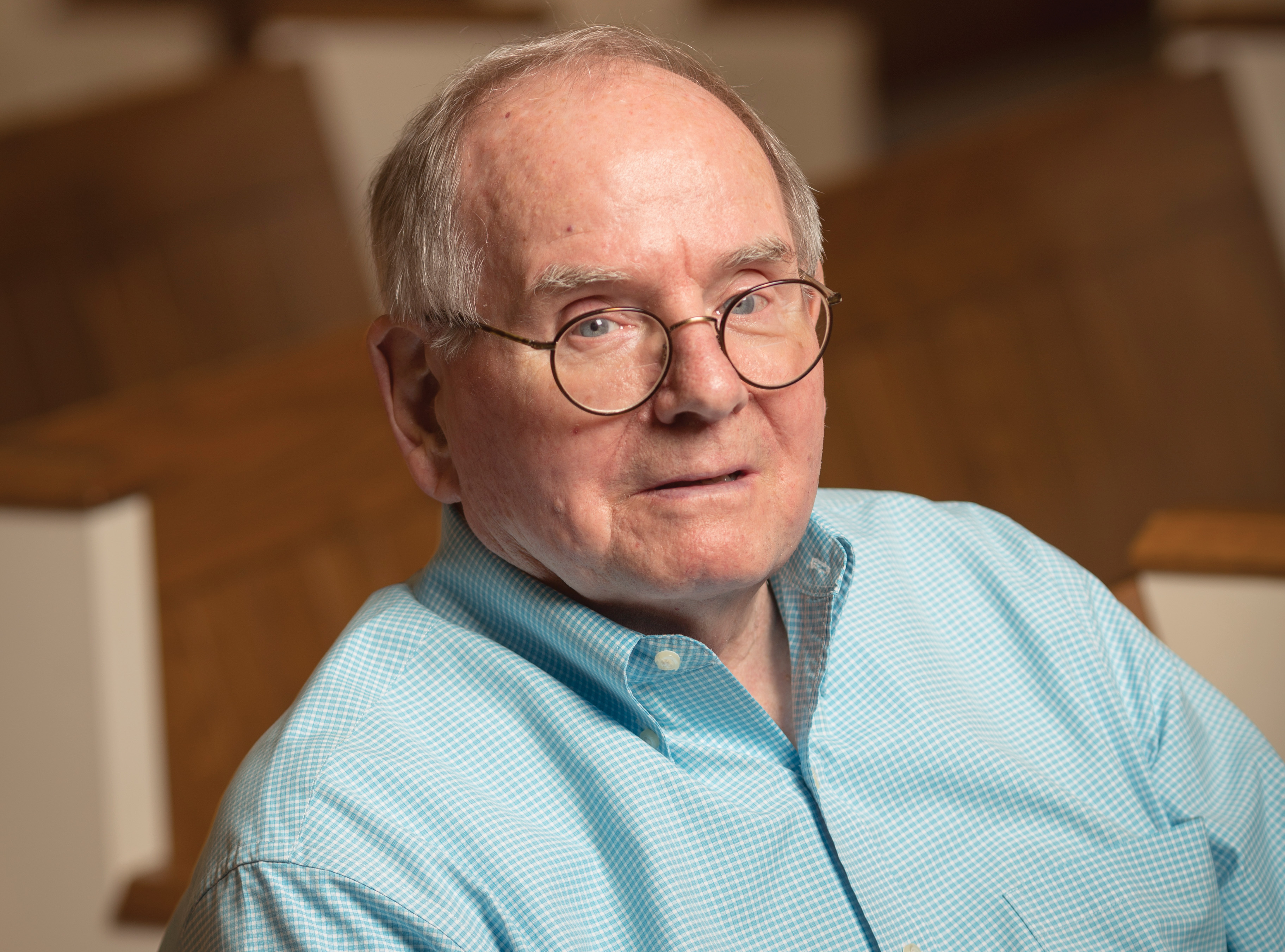
William Haden
As Acting President of Reed, He Strengthened the College's Finances and Alumni Relations
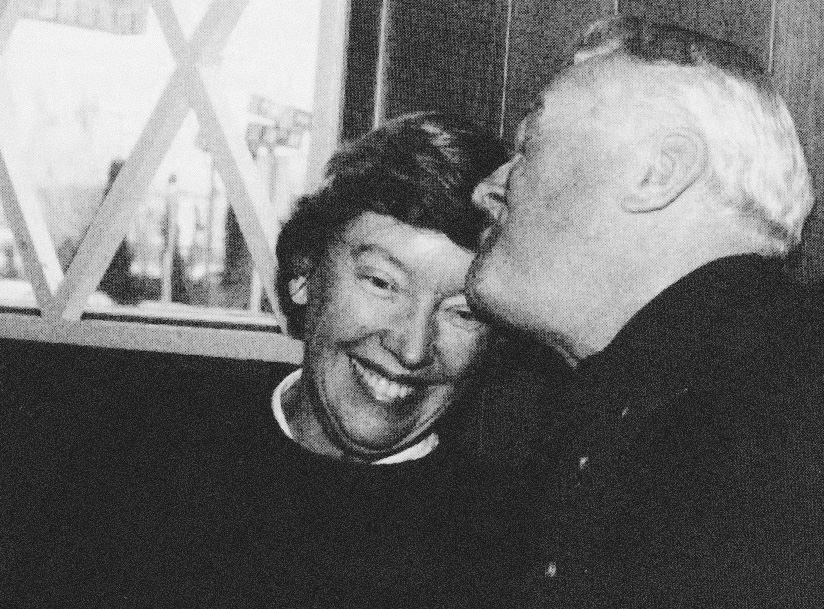
Nancy Horton Bragdon
Reed’s First Lady Whose Warmth and Leadership Were Invaluable During a Turbulent Time

![Photo of Larry Church [chemistry ’73–80]](https://www.reed.edu/reed-magazine/in-memoriam/assets/images/Larry-Church.jpg)
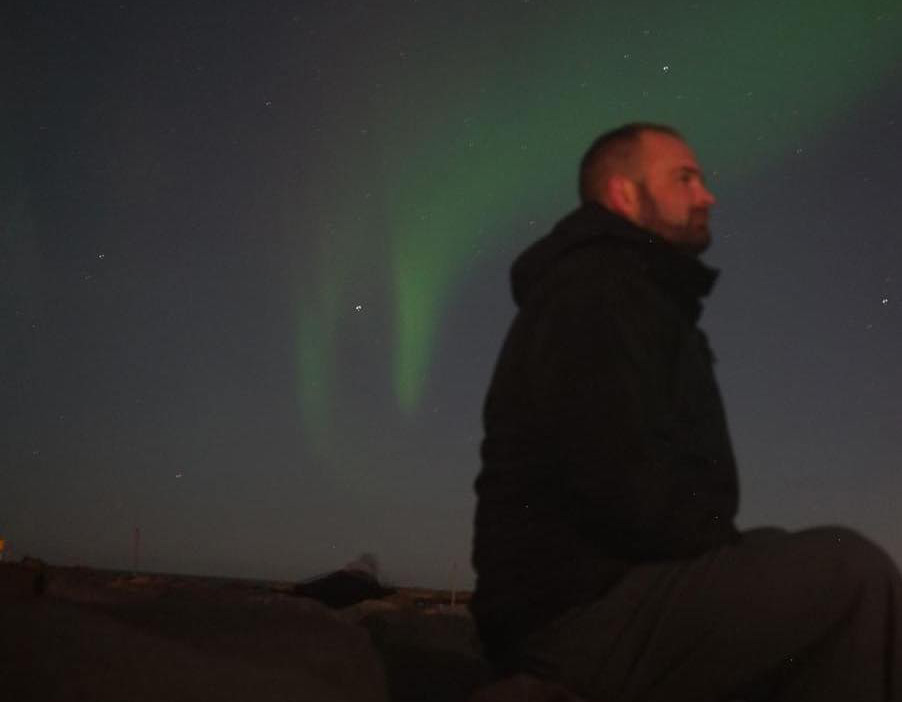
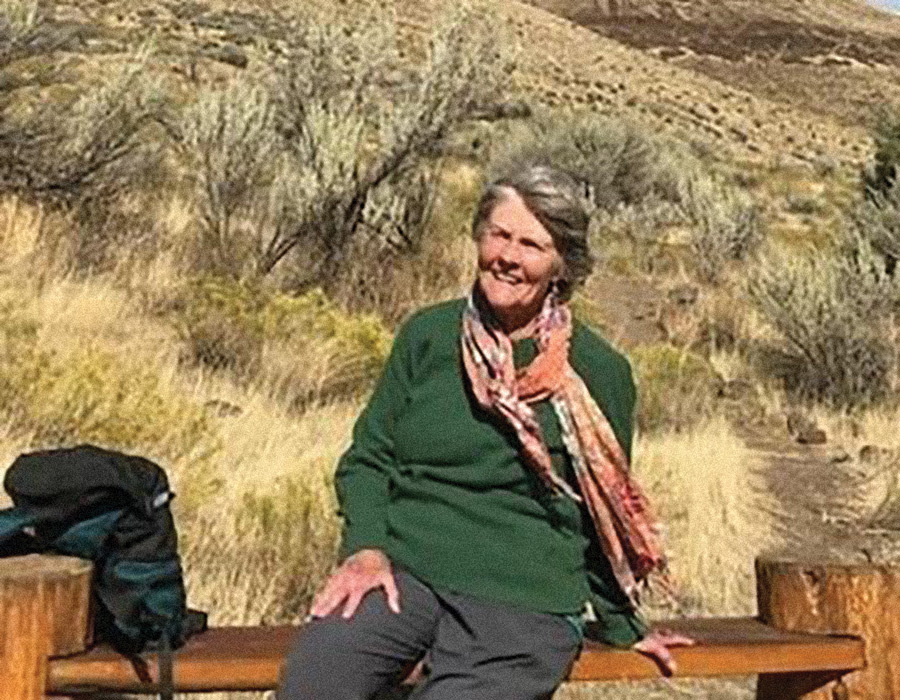
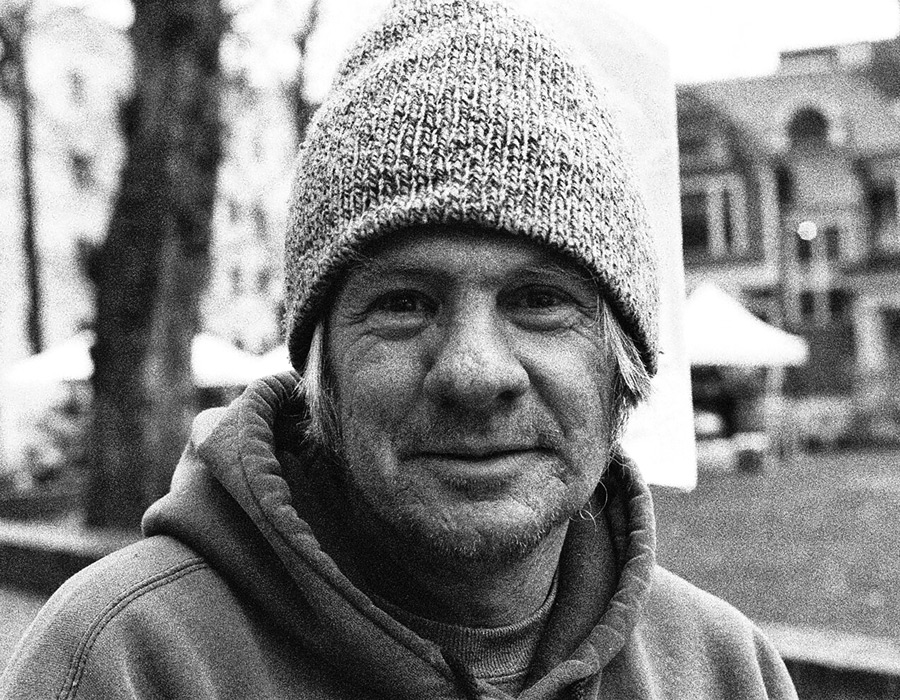
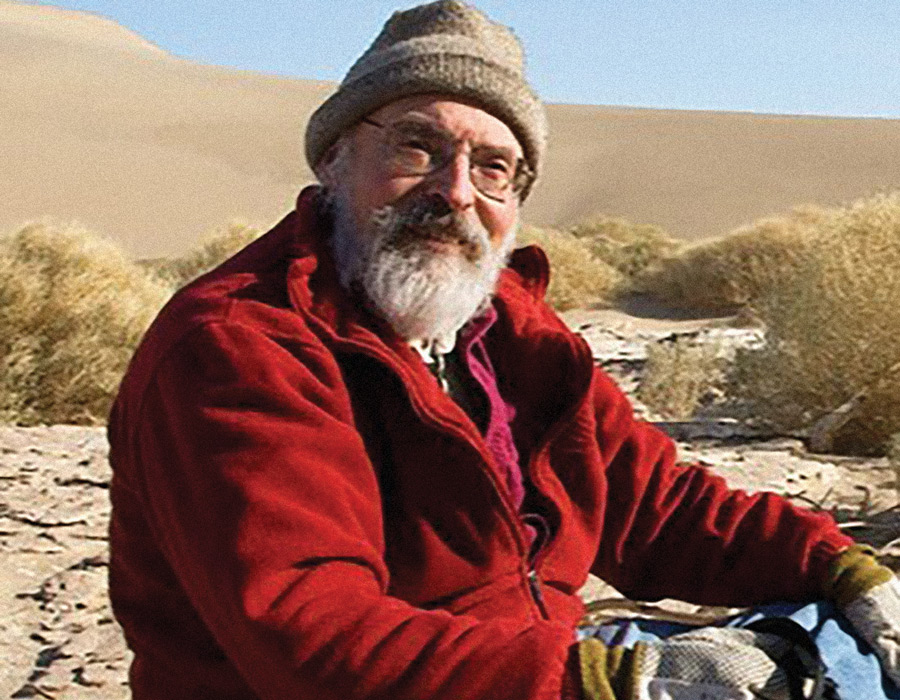
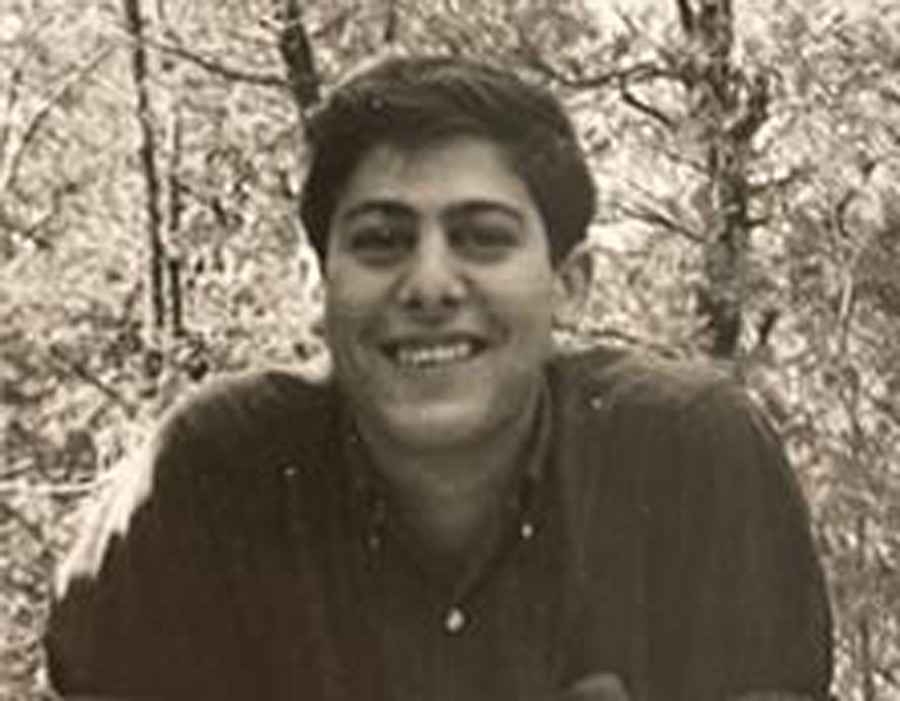
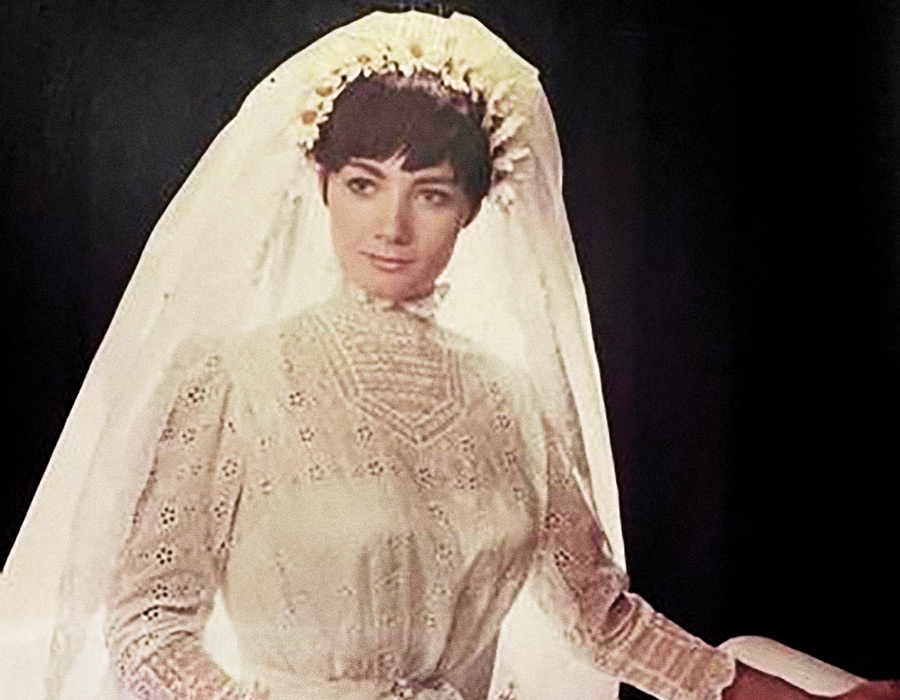
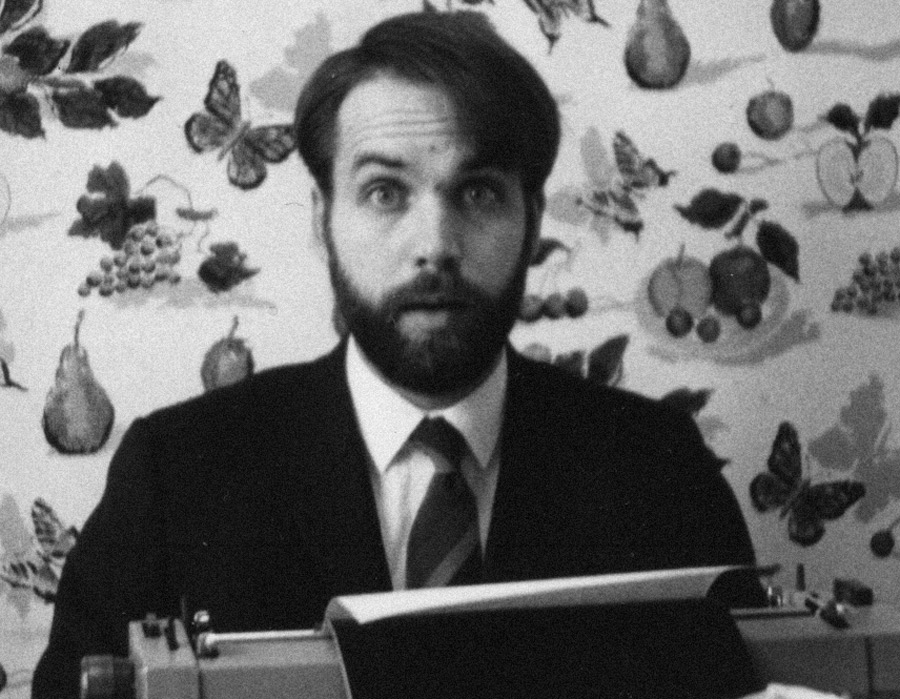
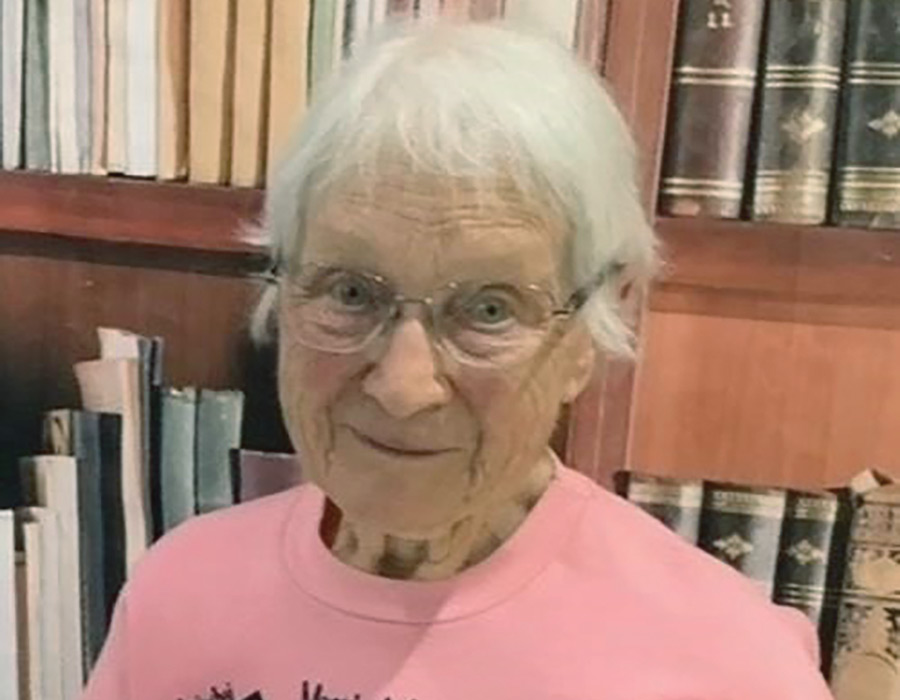
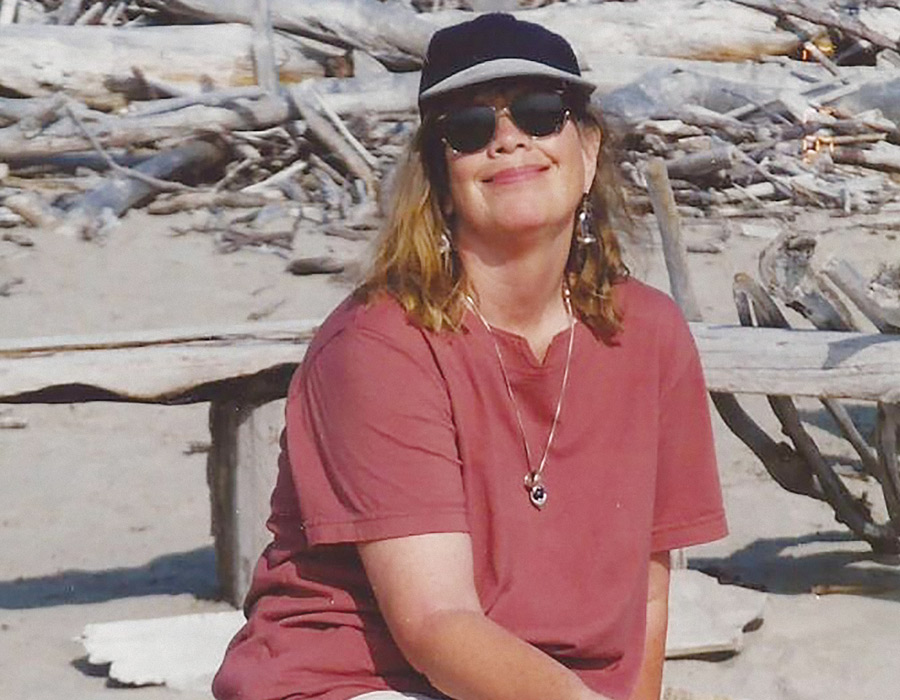
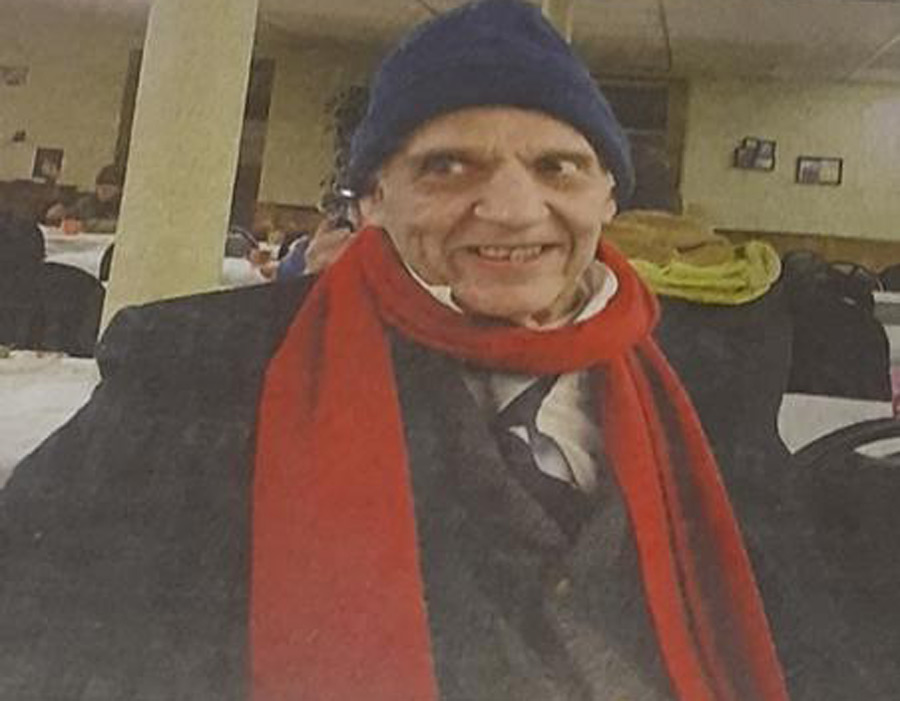
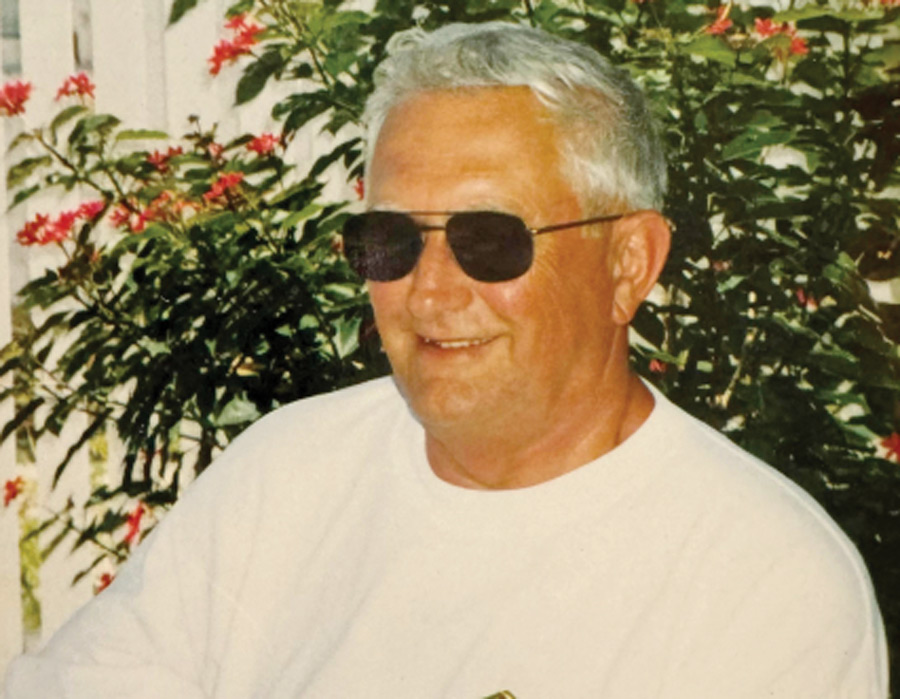
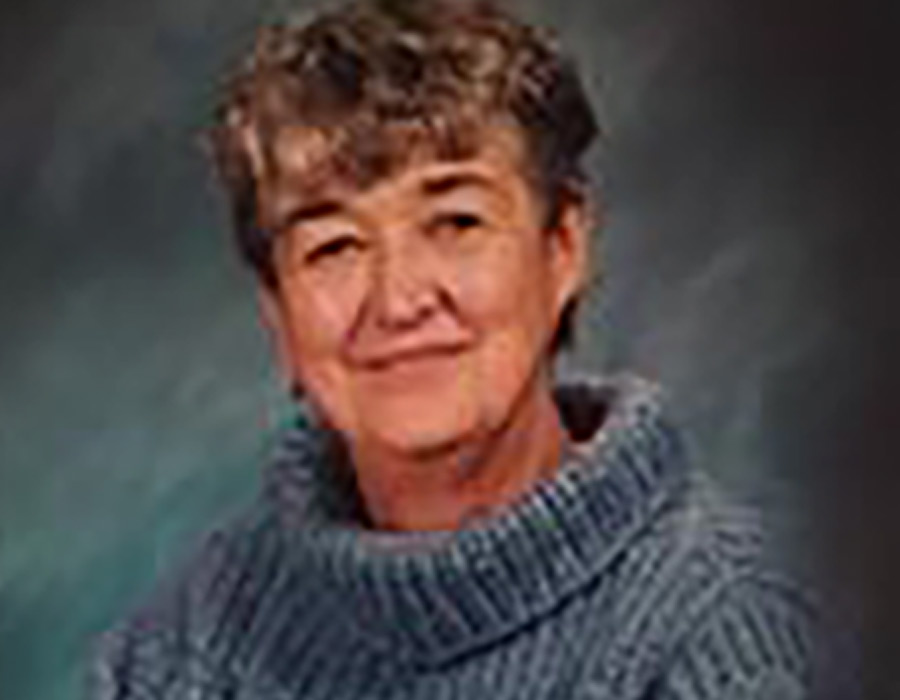
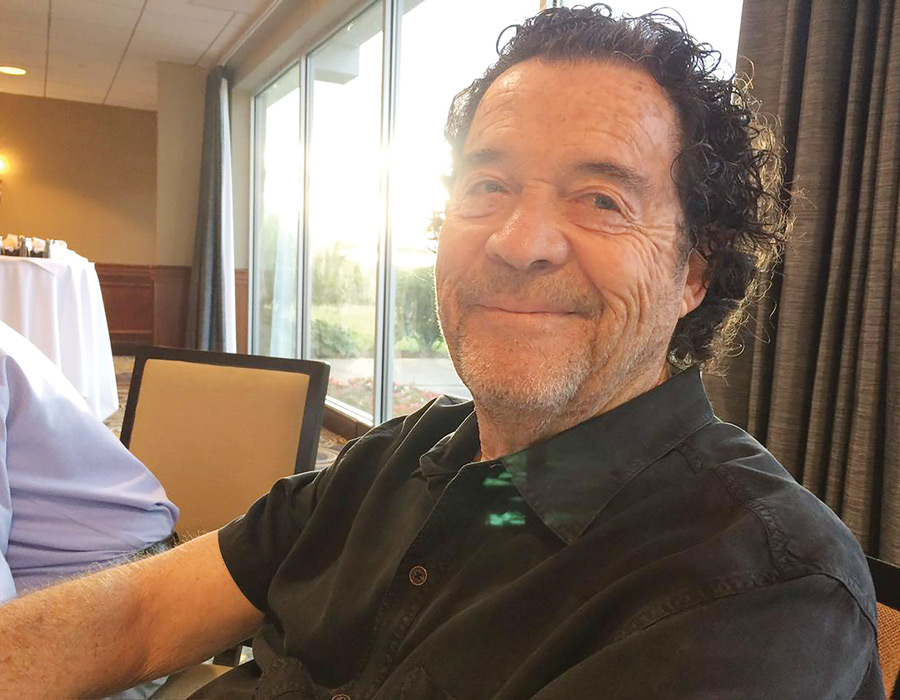
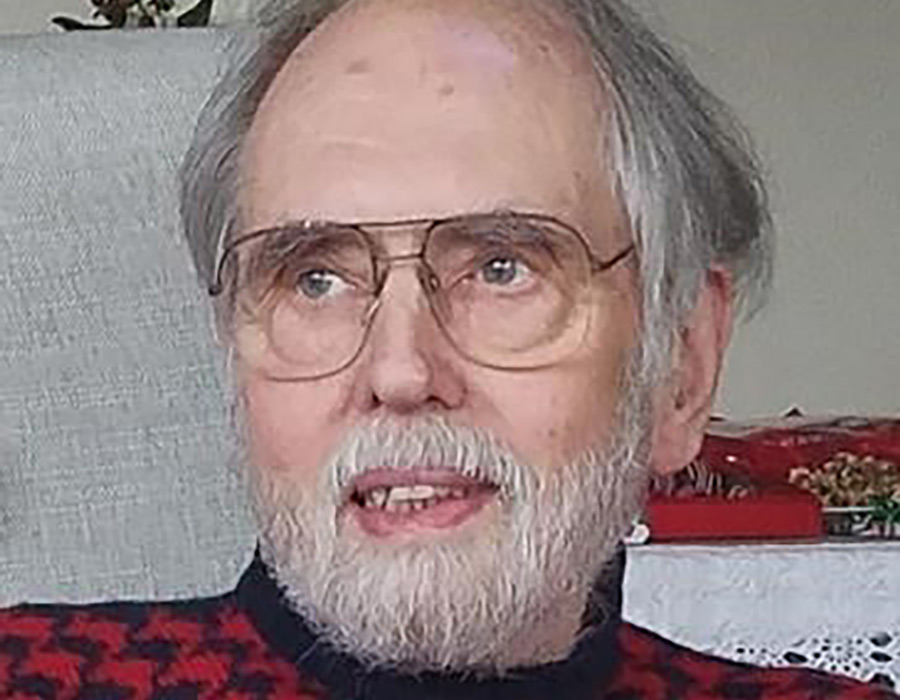
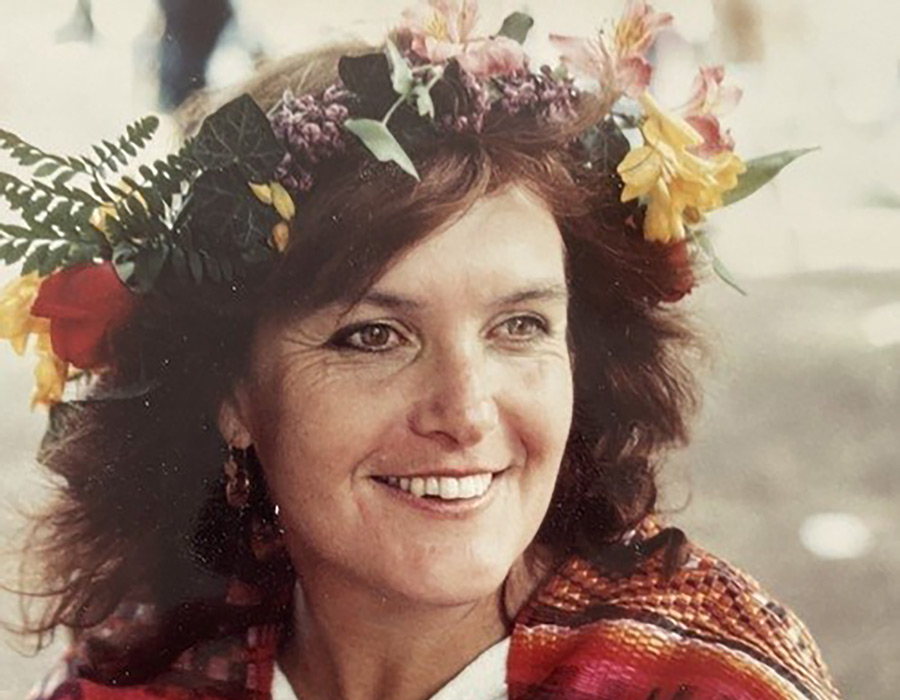
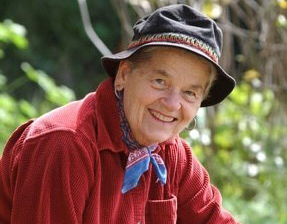
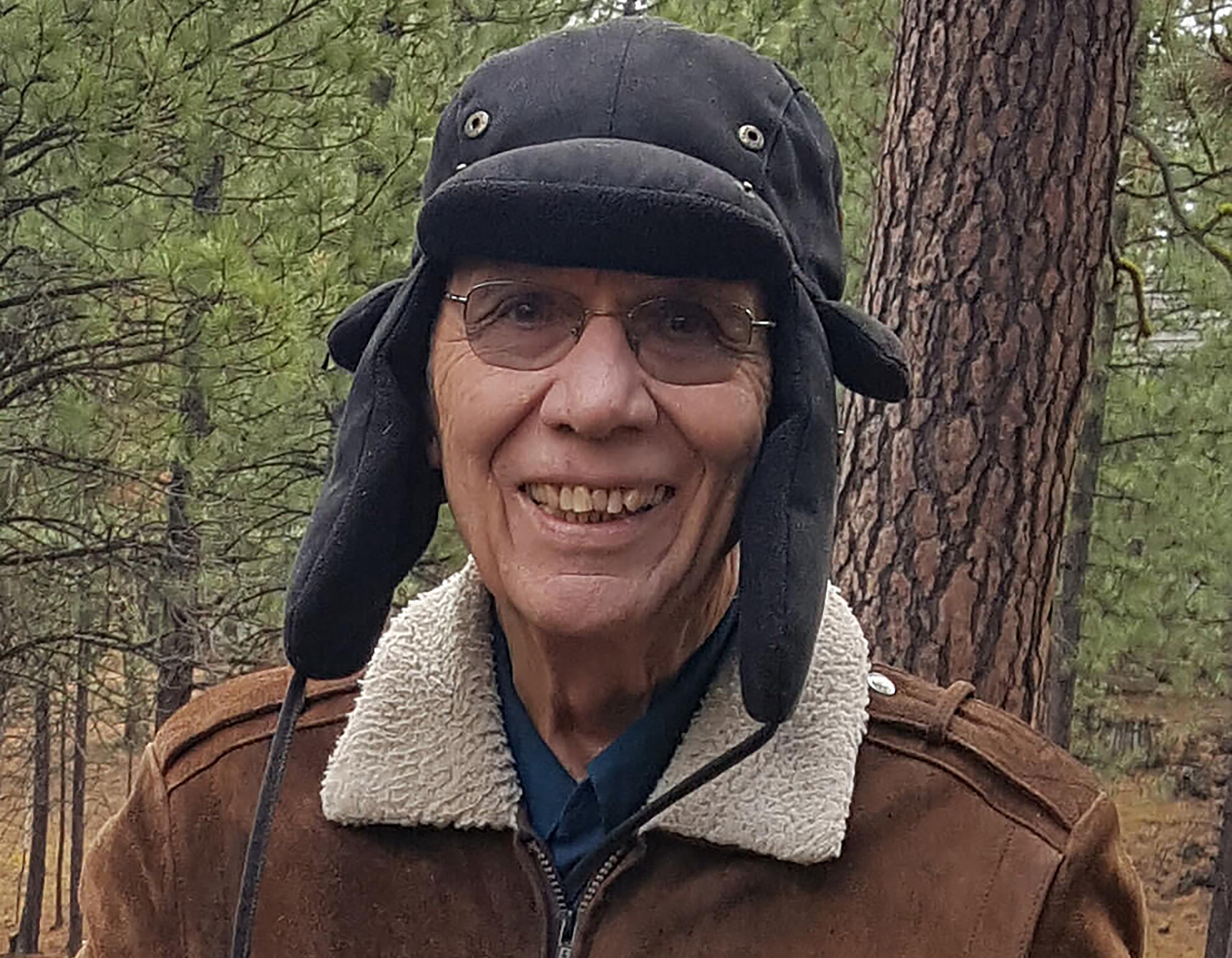
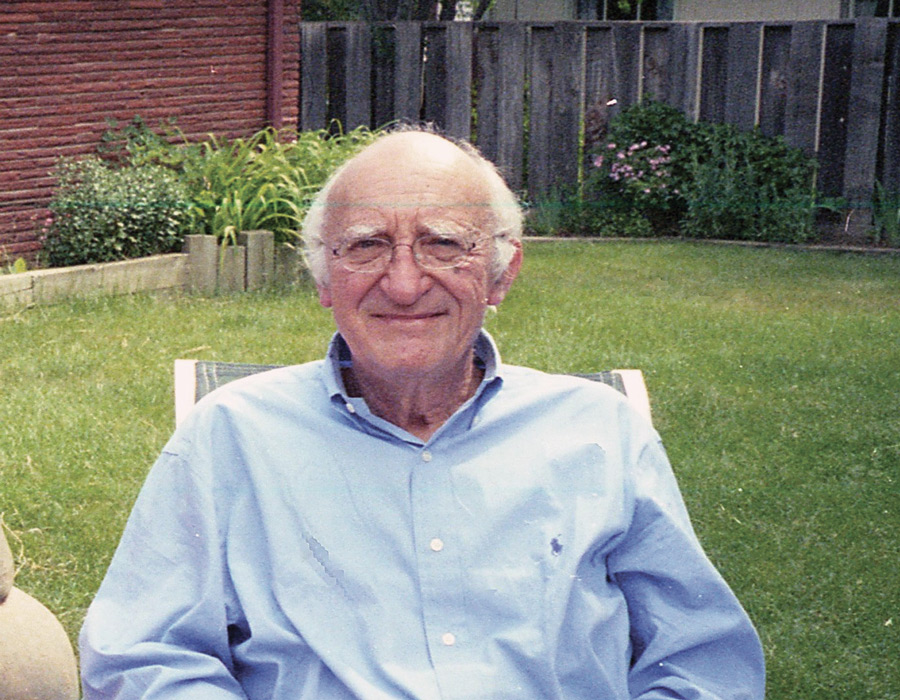
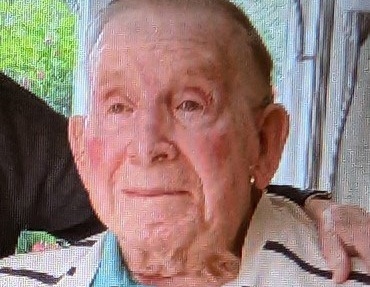
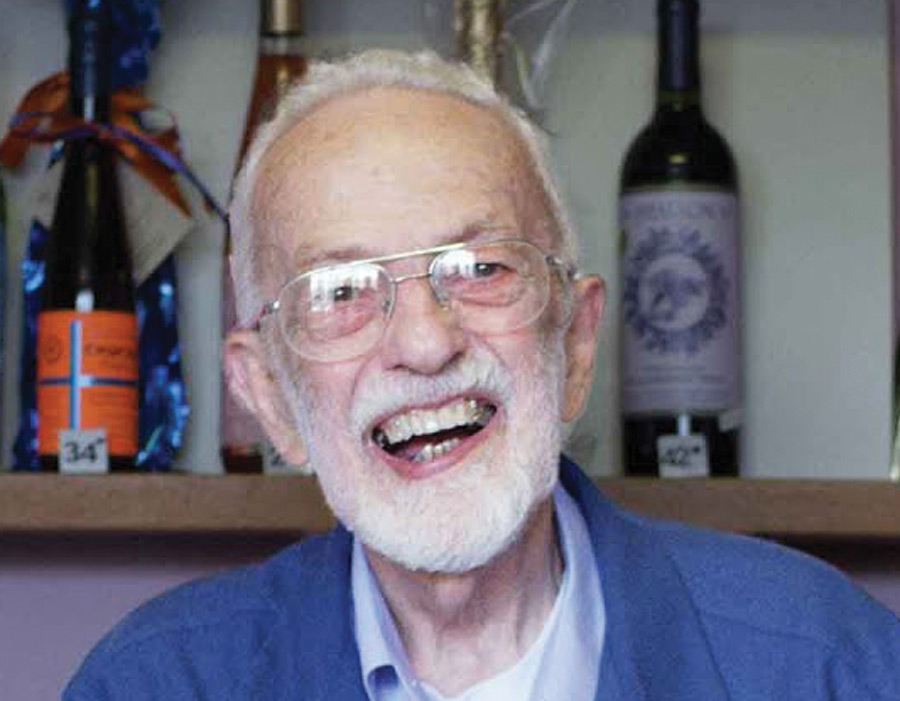
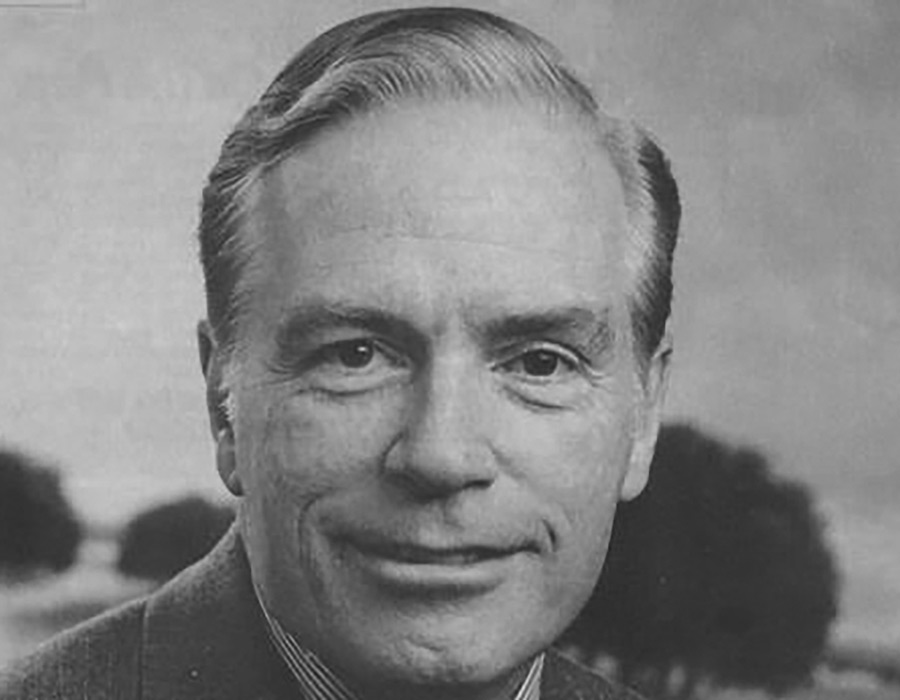
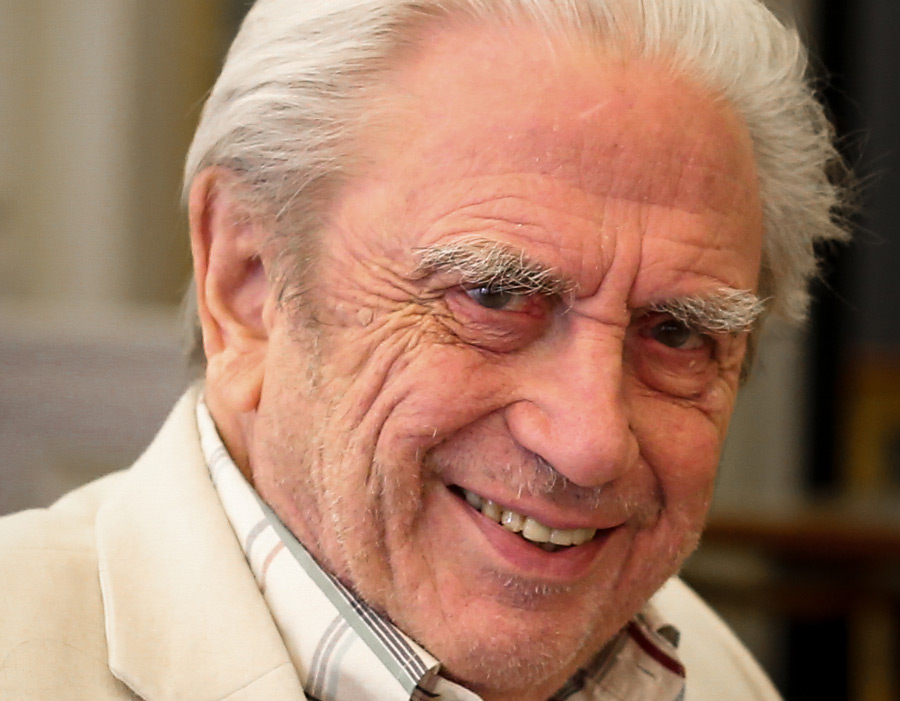
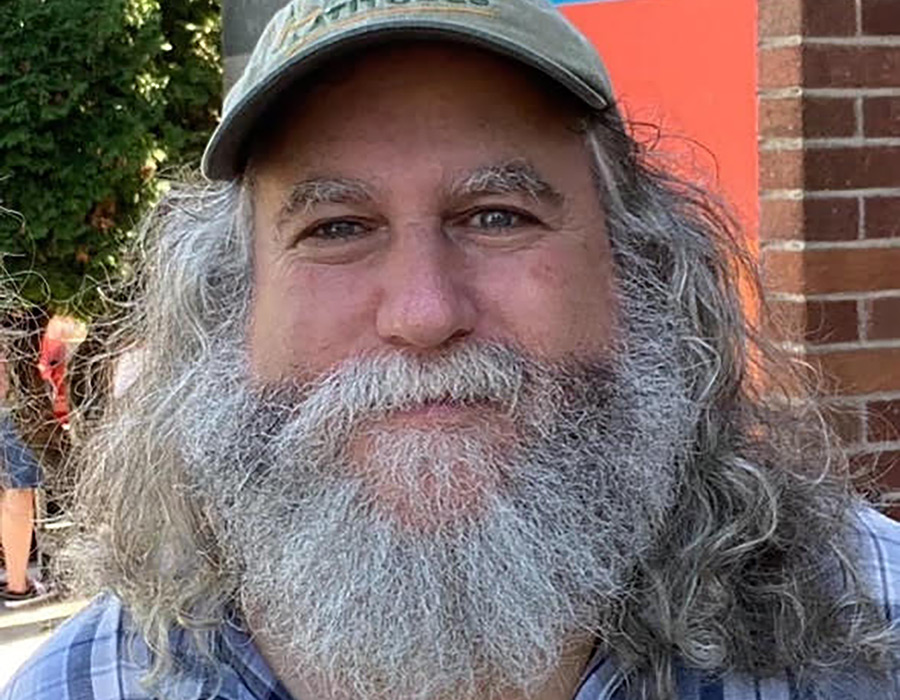
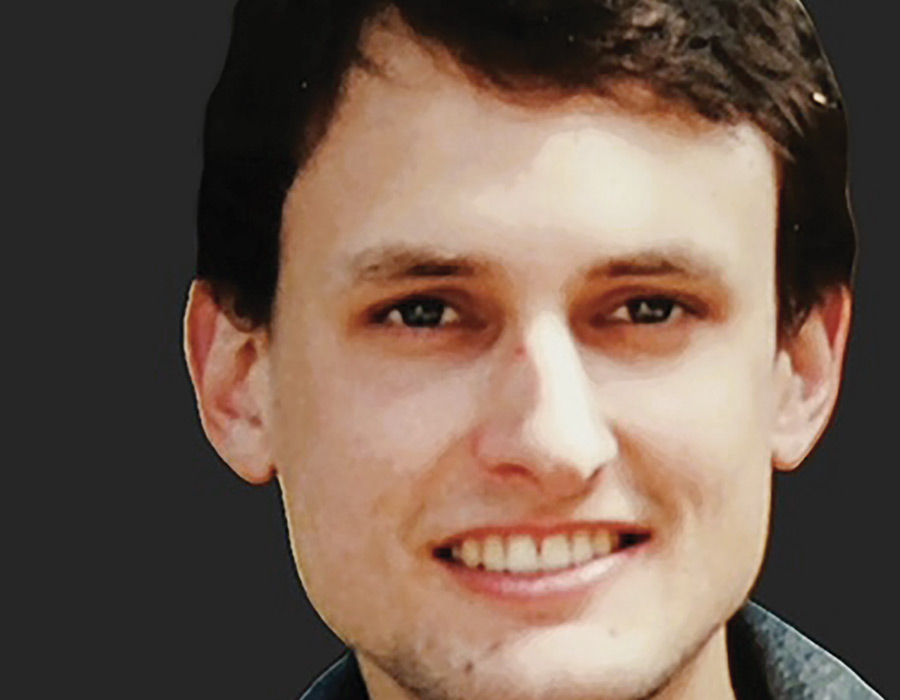
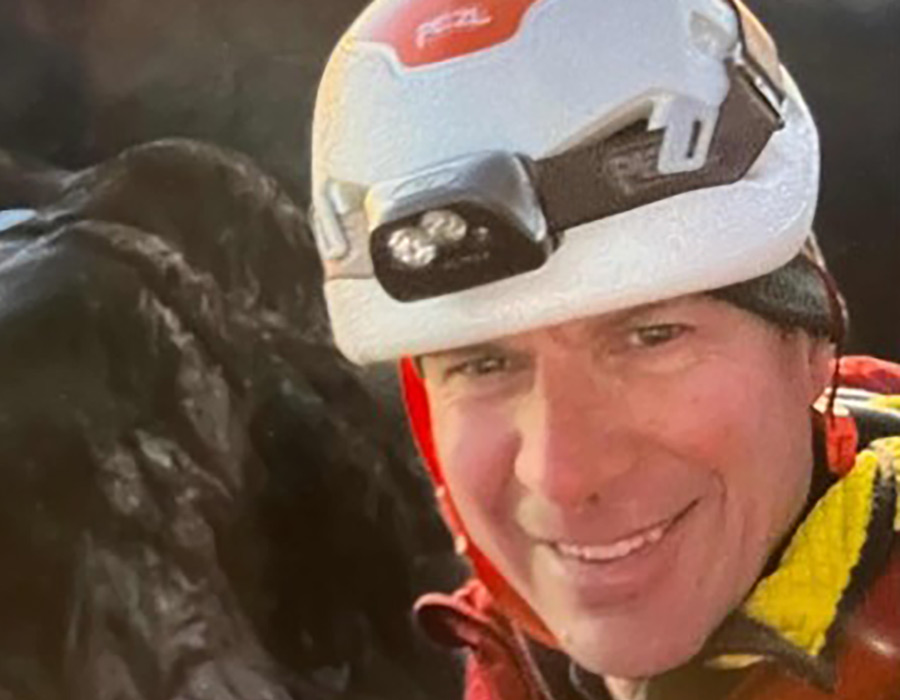
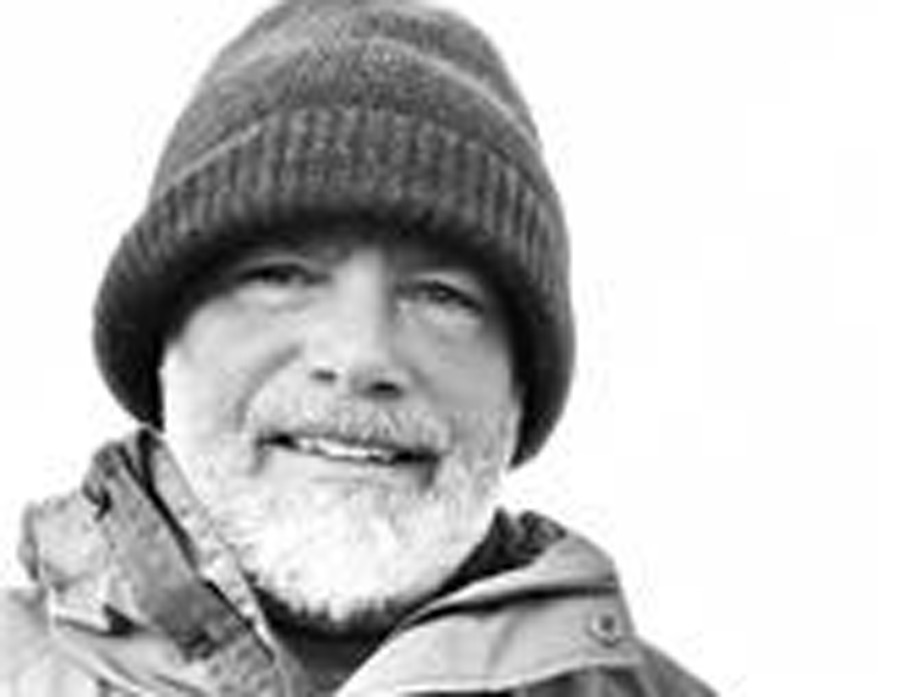
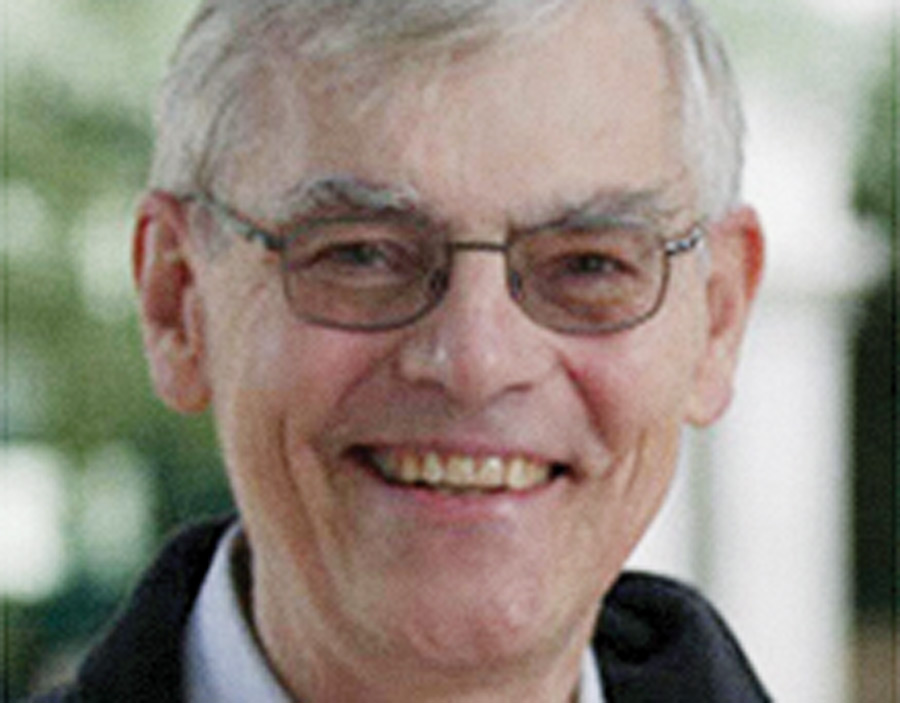
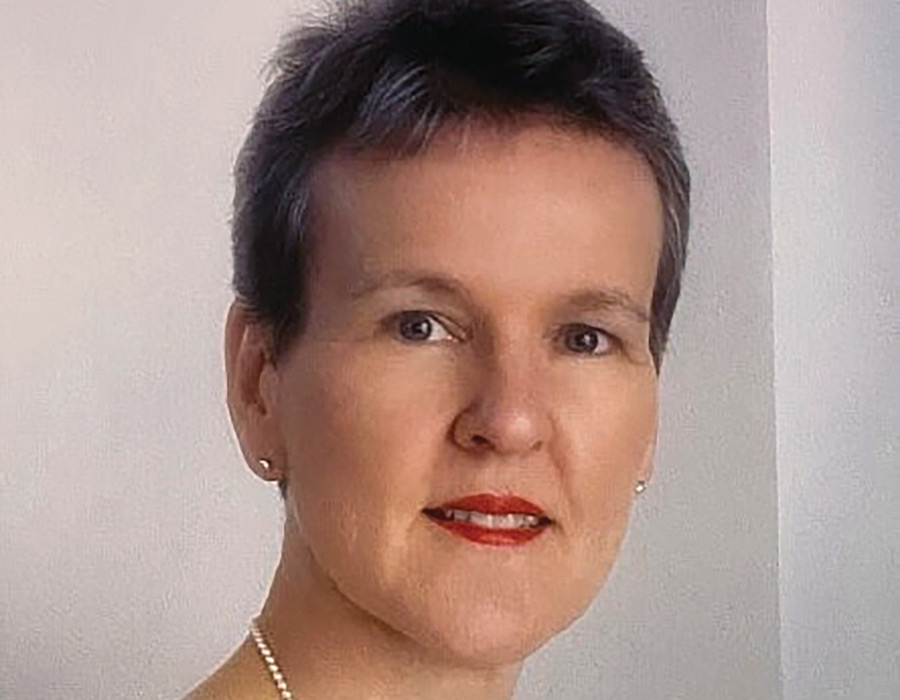
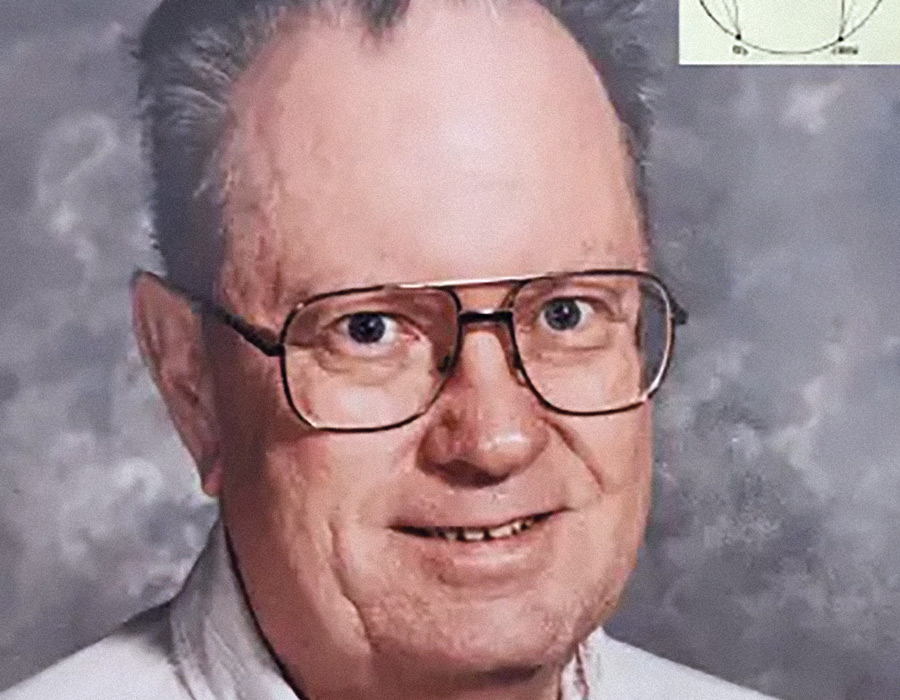
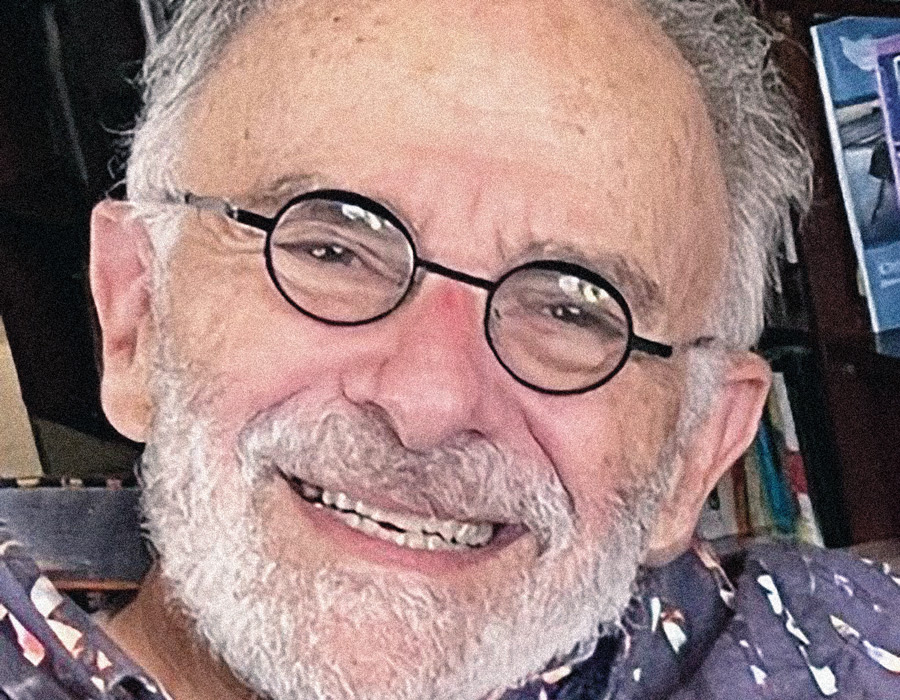
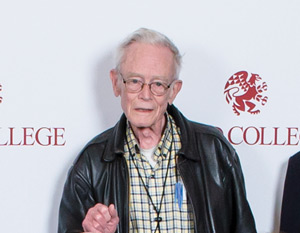
![Photo of Prof. Laurens Ruben [biology 1955–92]](https://www.reed.edu/reed-magazine/in-memoriam/assets/images/Larry-Ruben-copy.jpg)
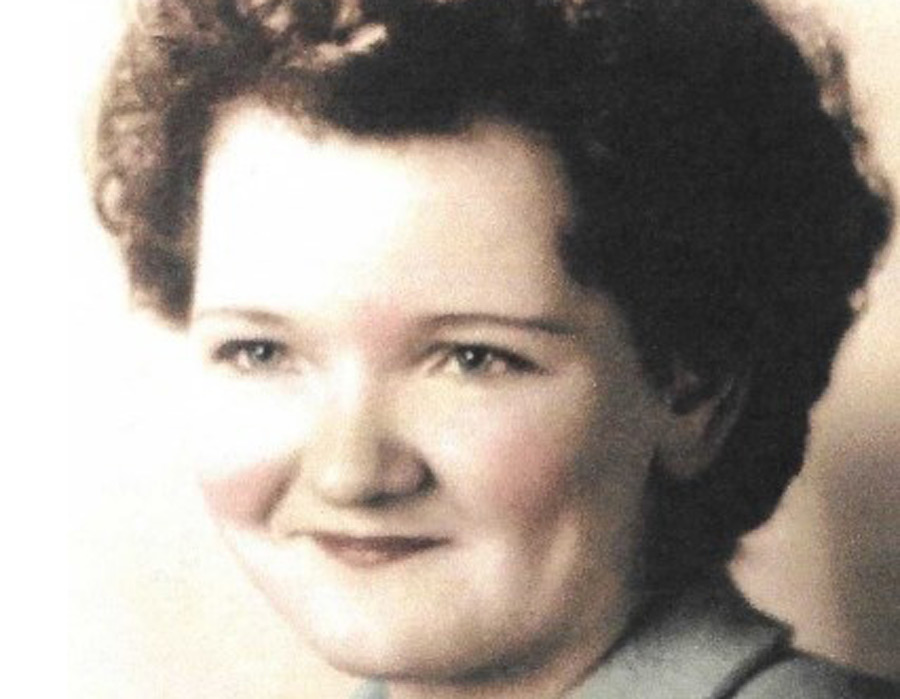
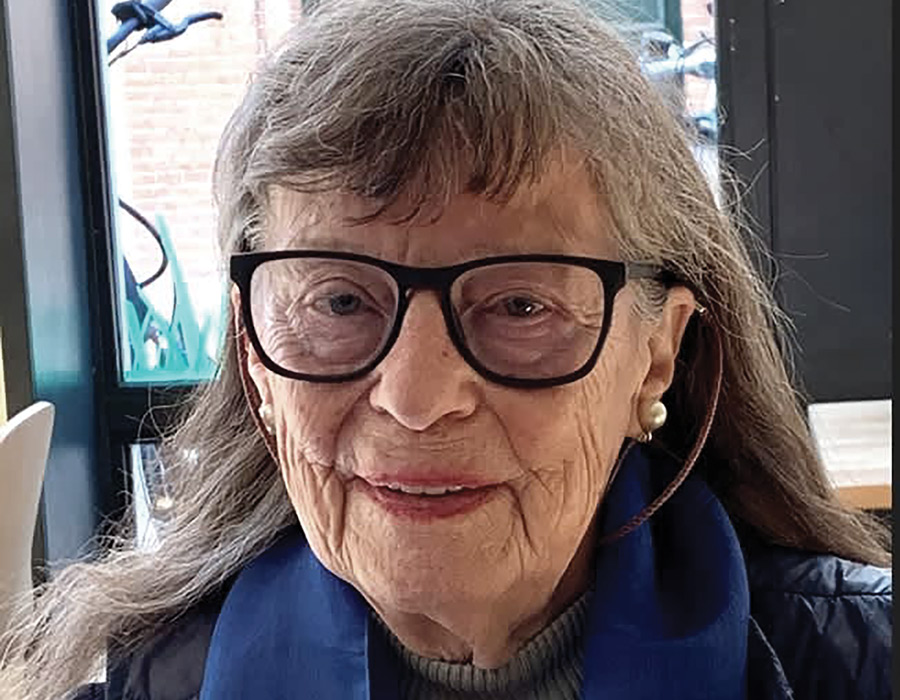
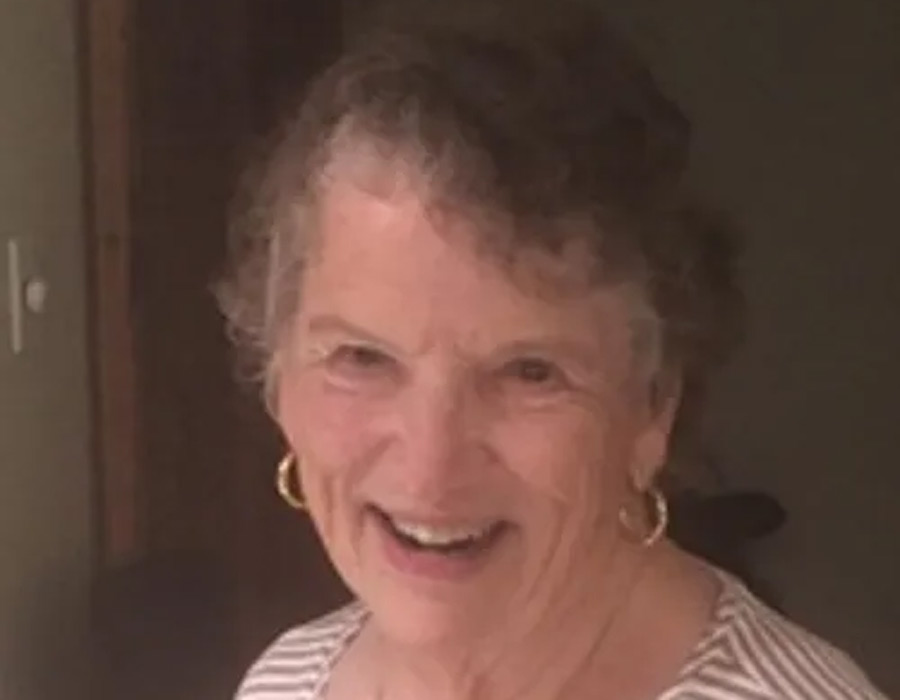
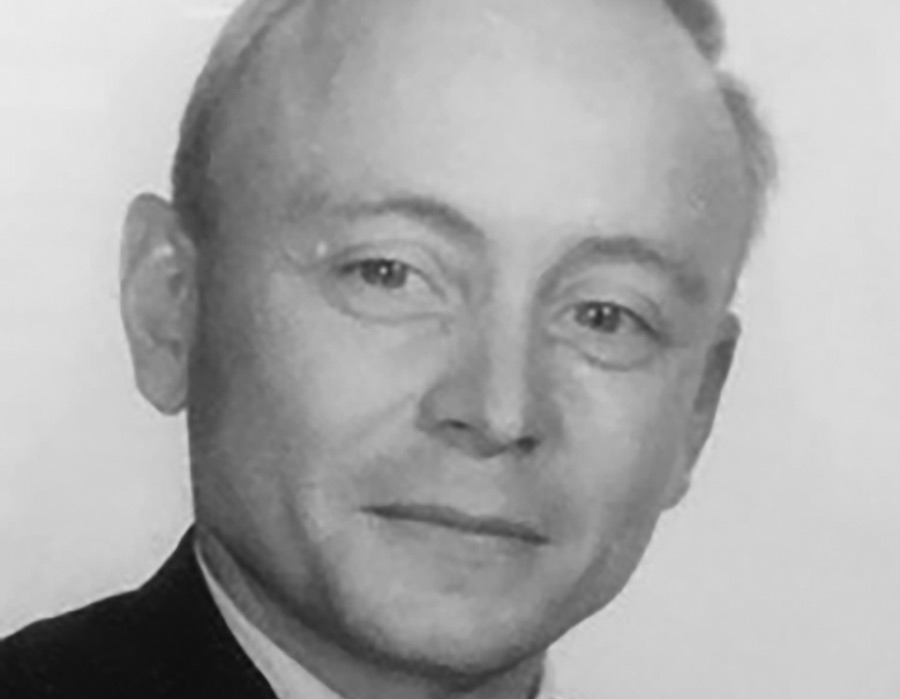
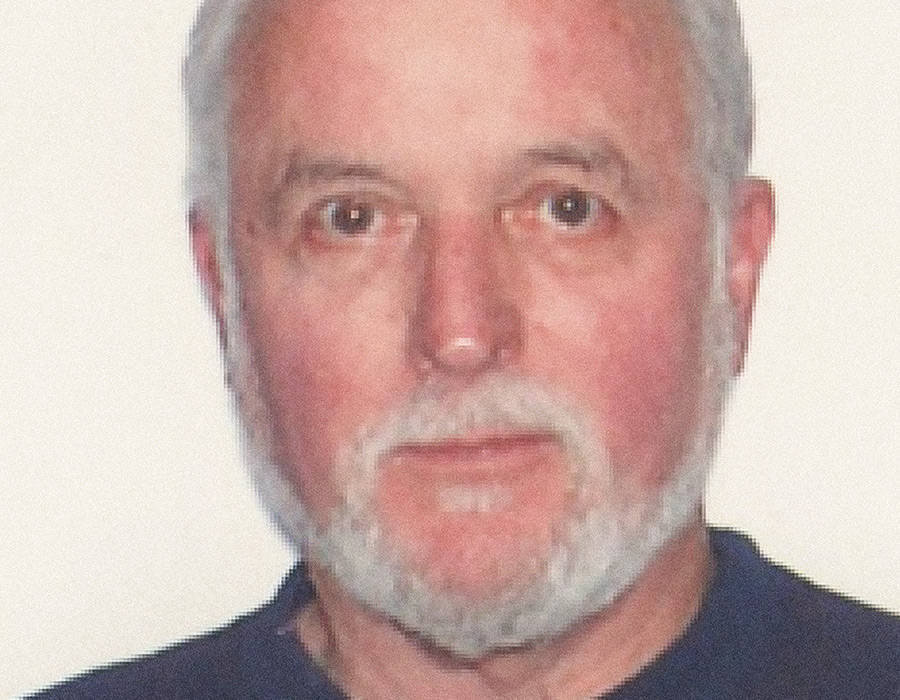
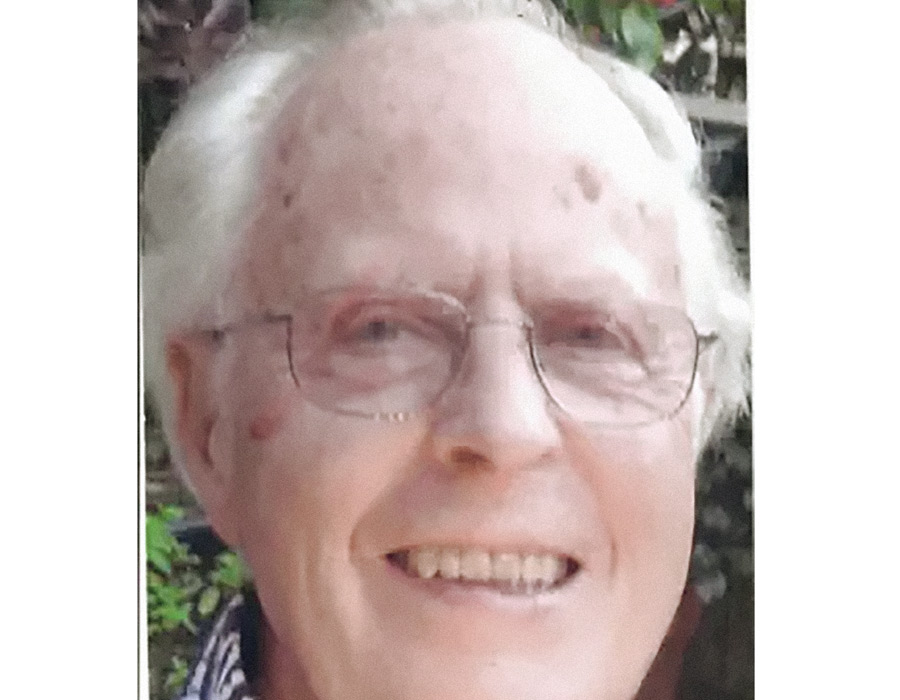
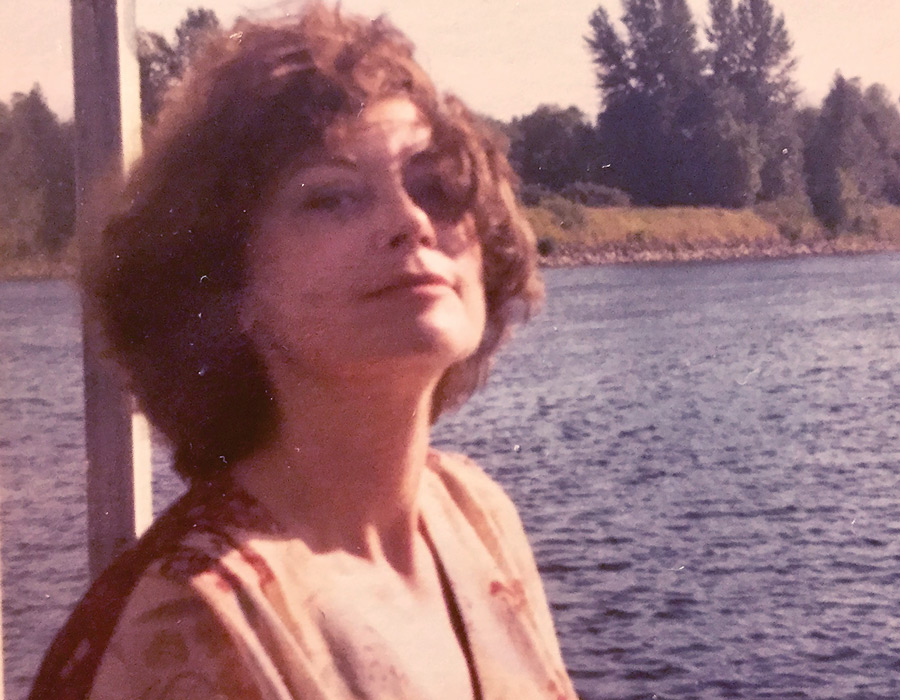
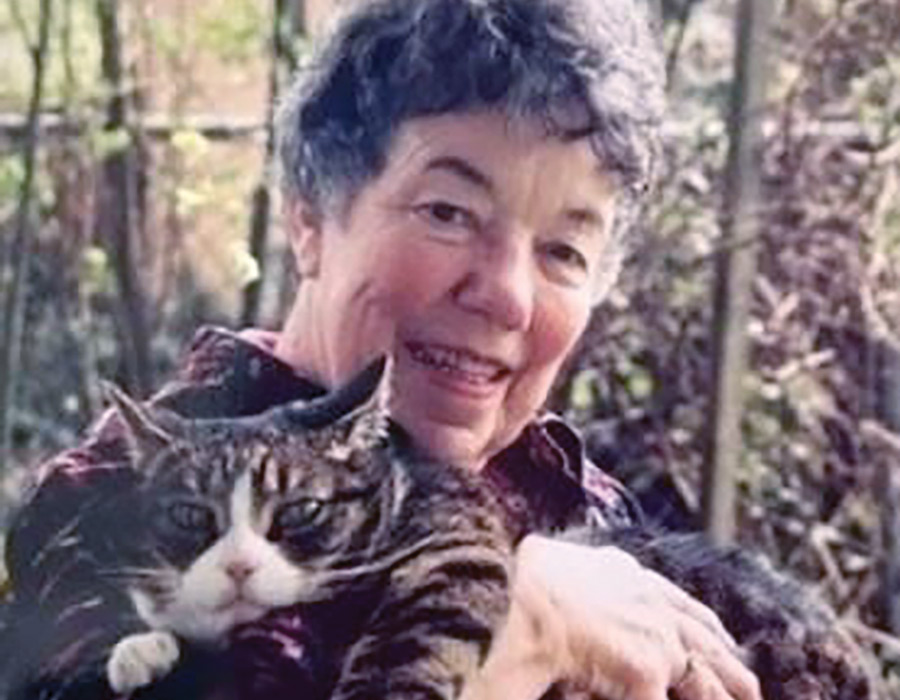
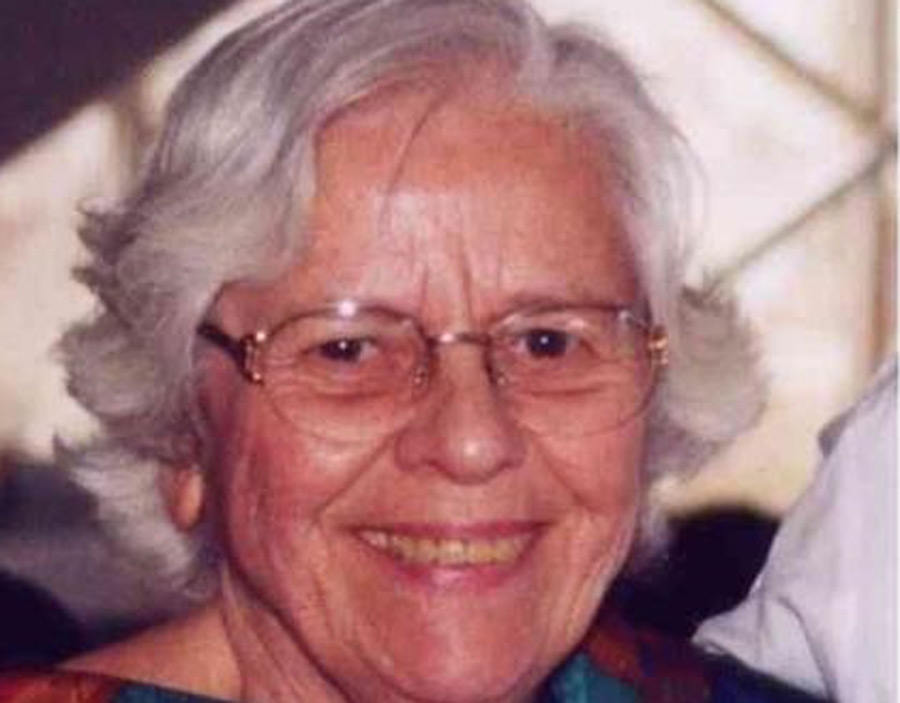
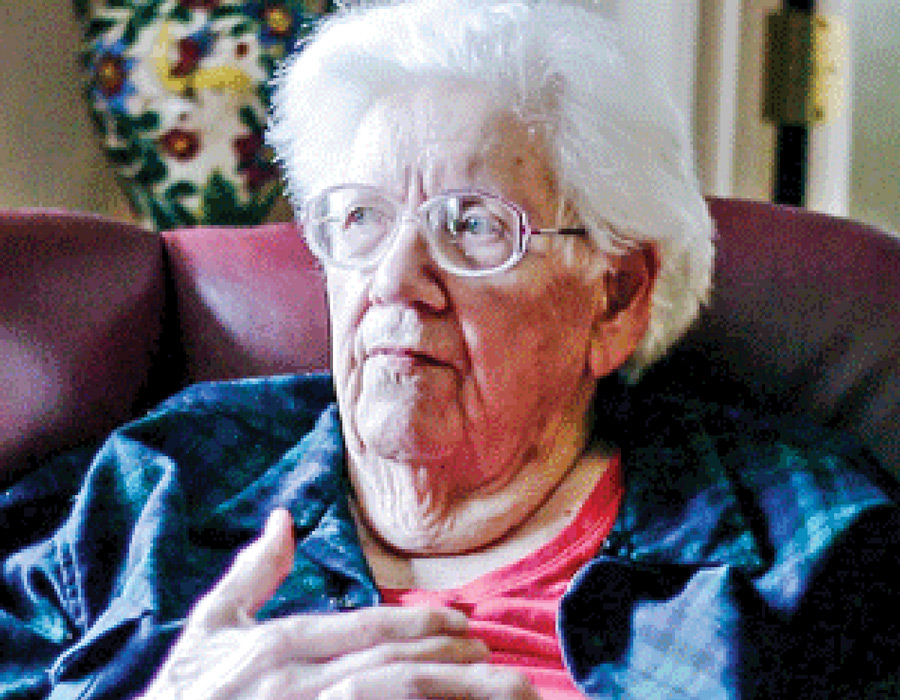
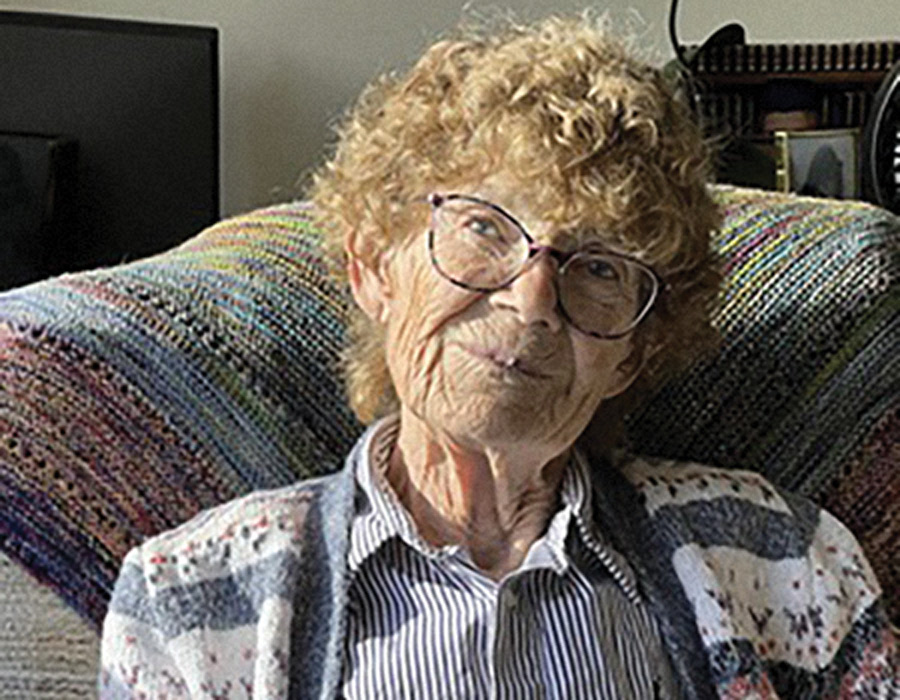
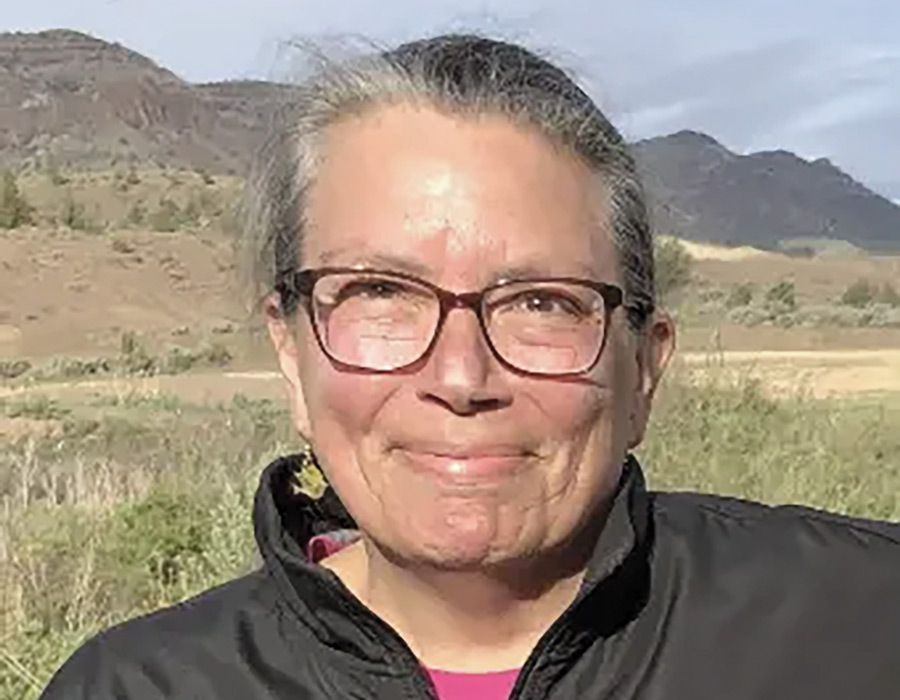
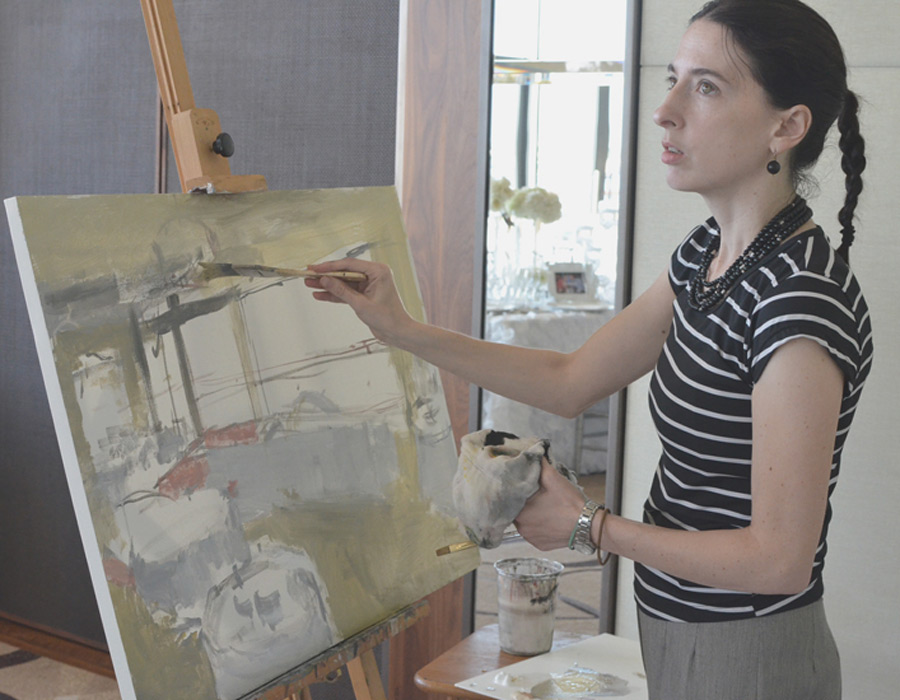
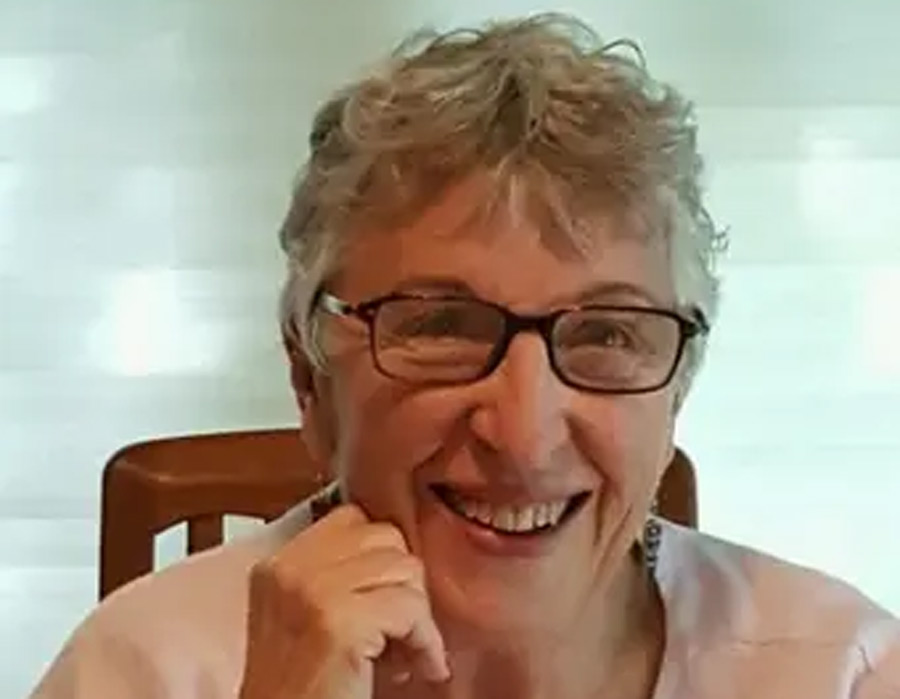
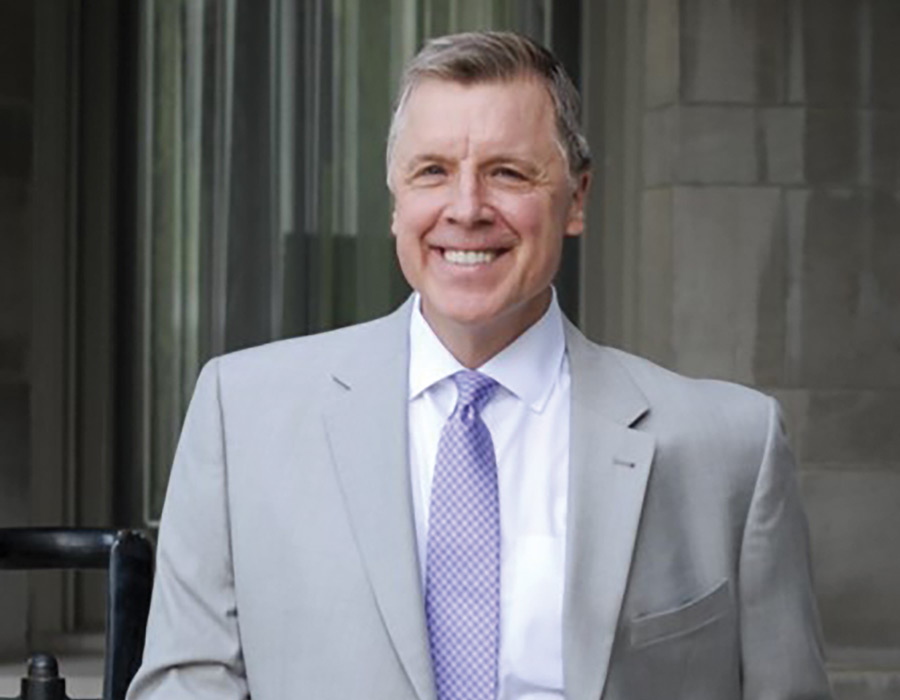
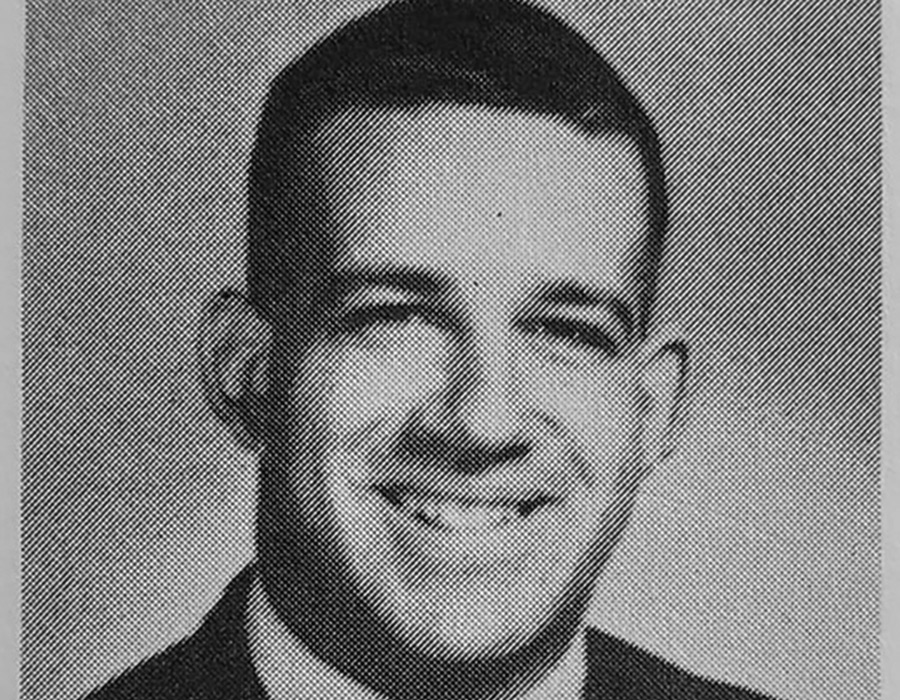
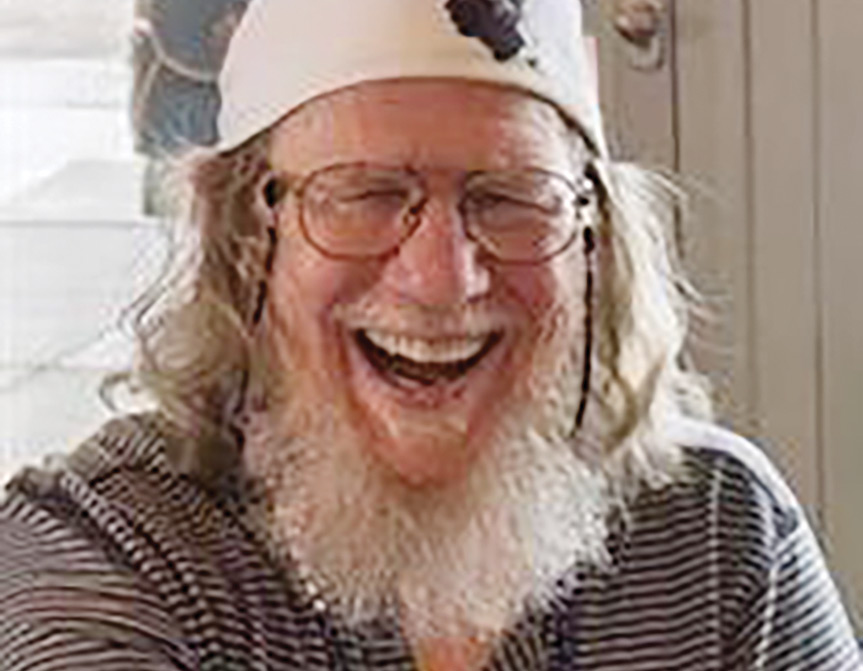
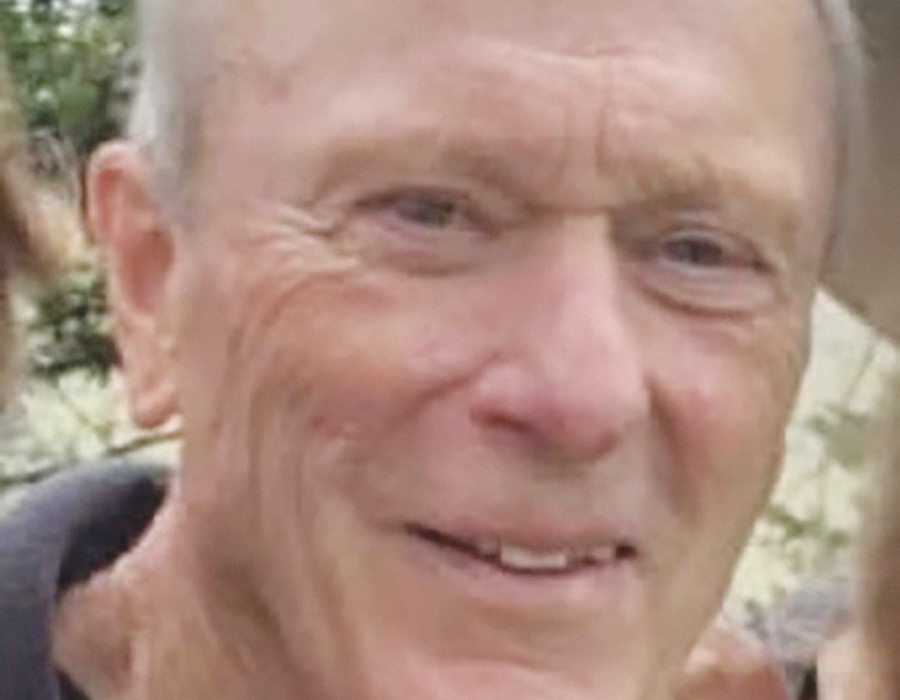
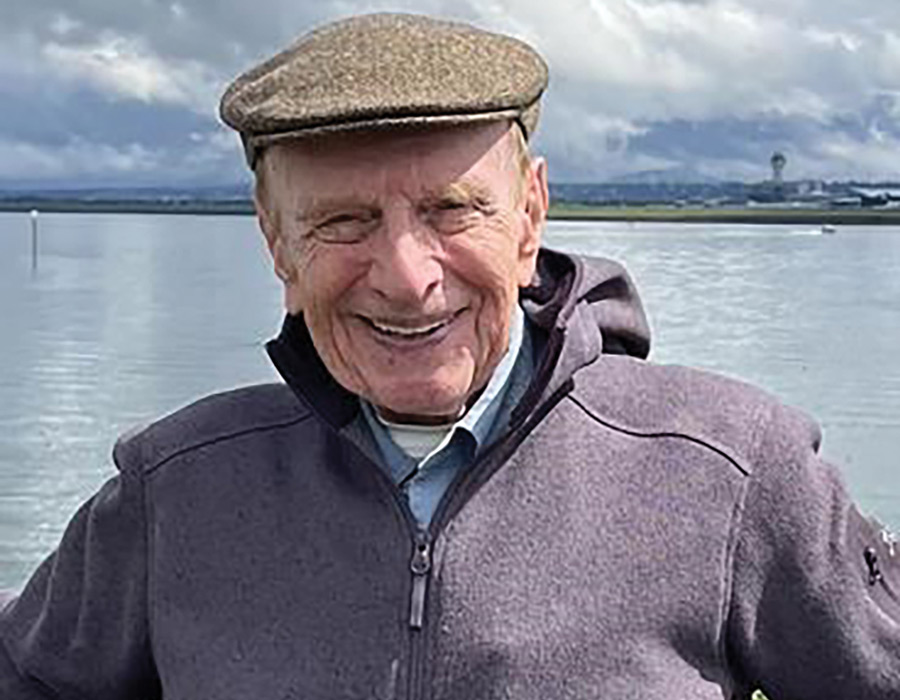
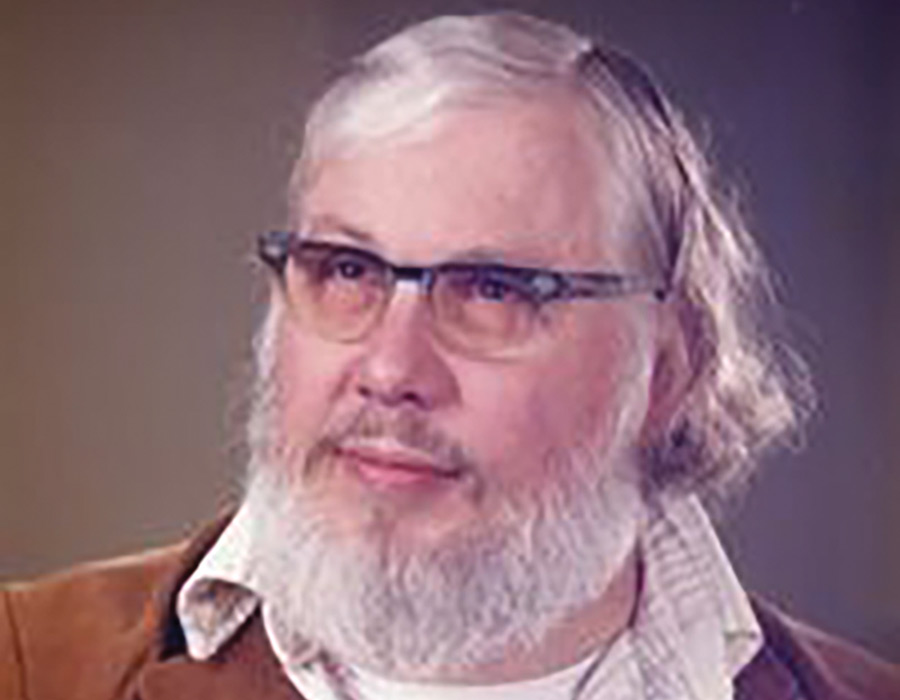
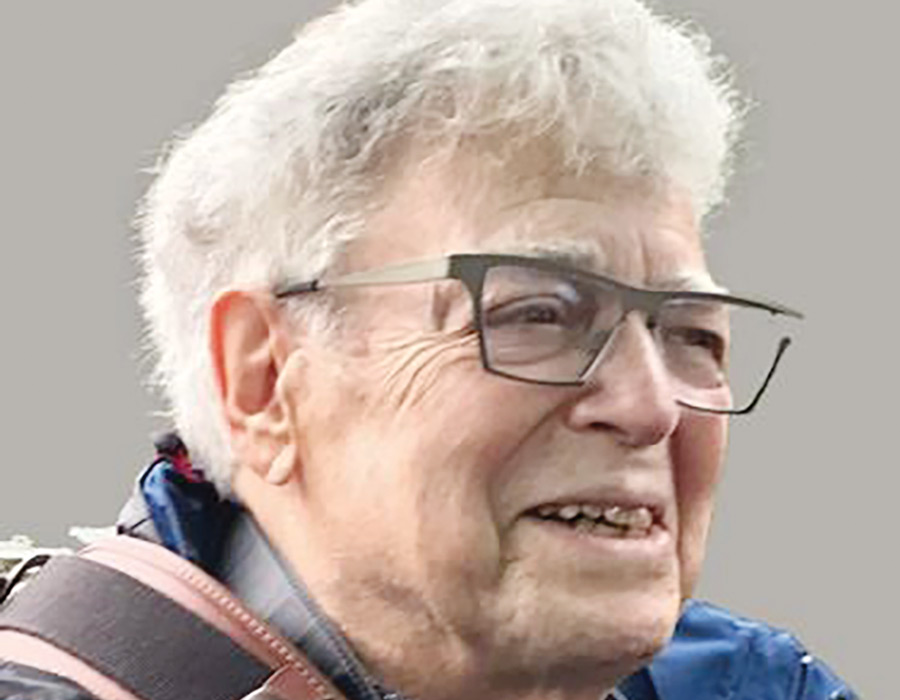
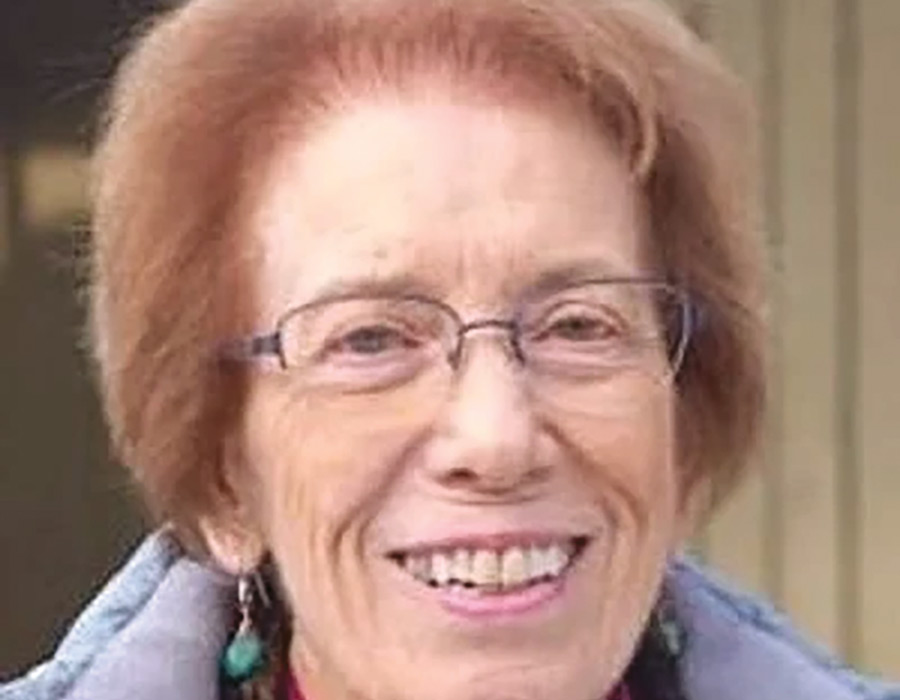
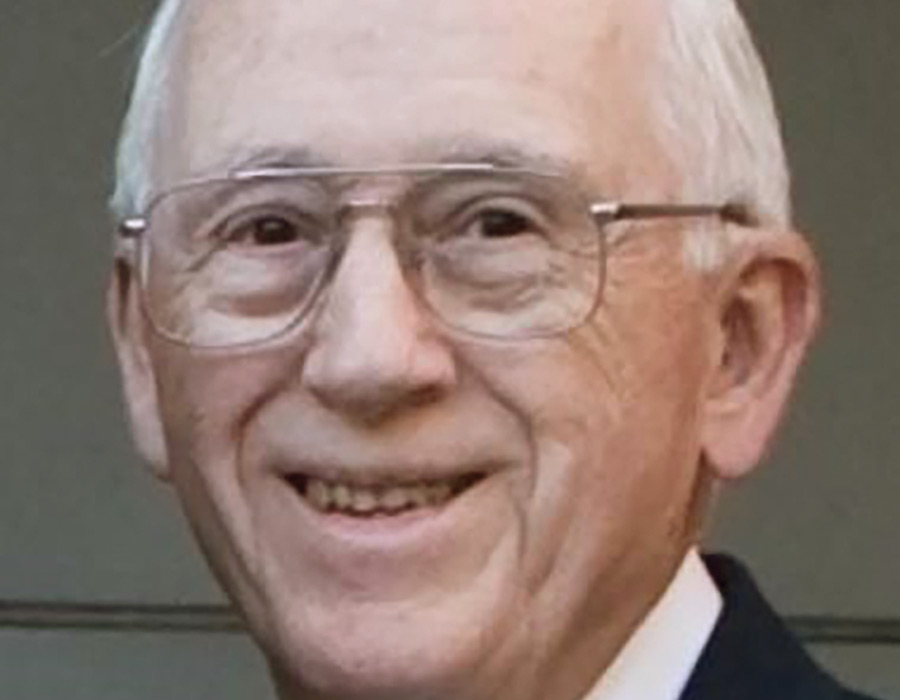
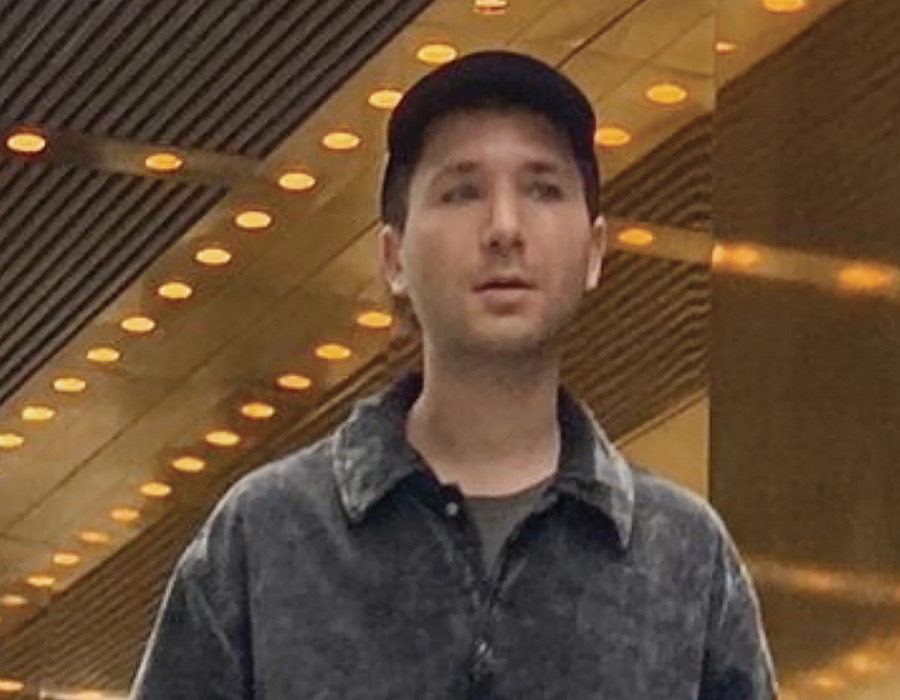
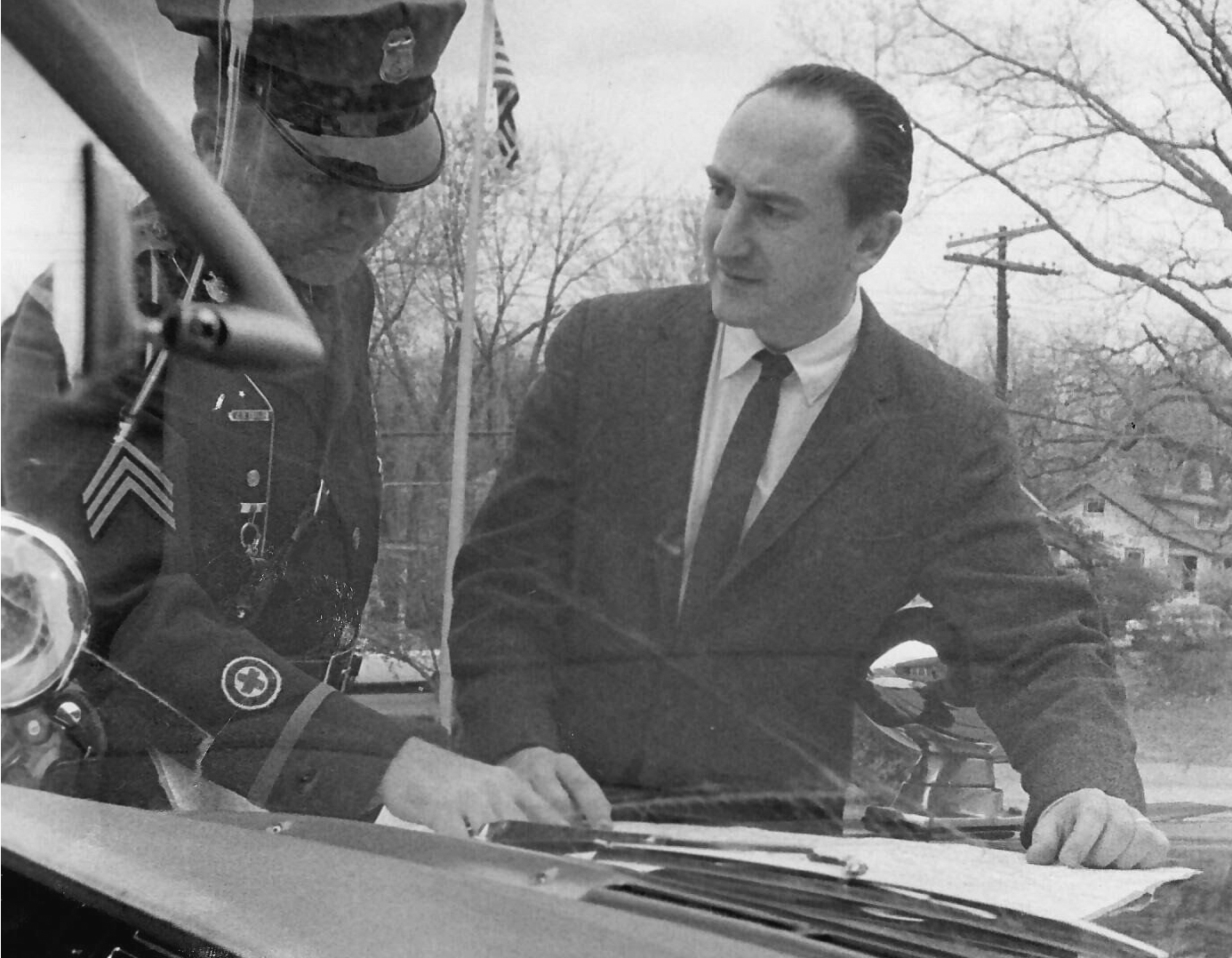
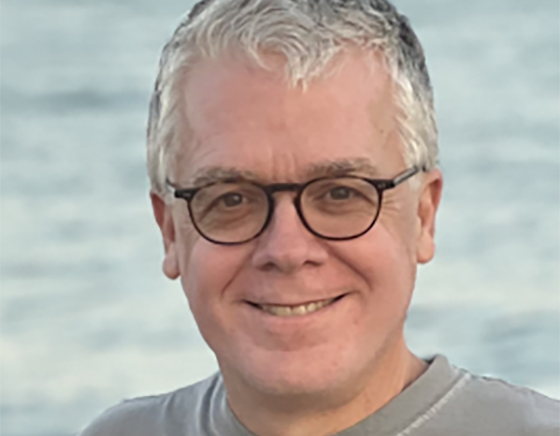
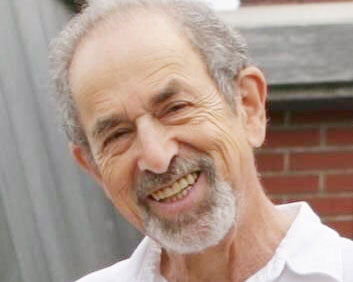
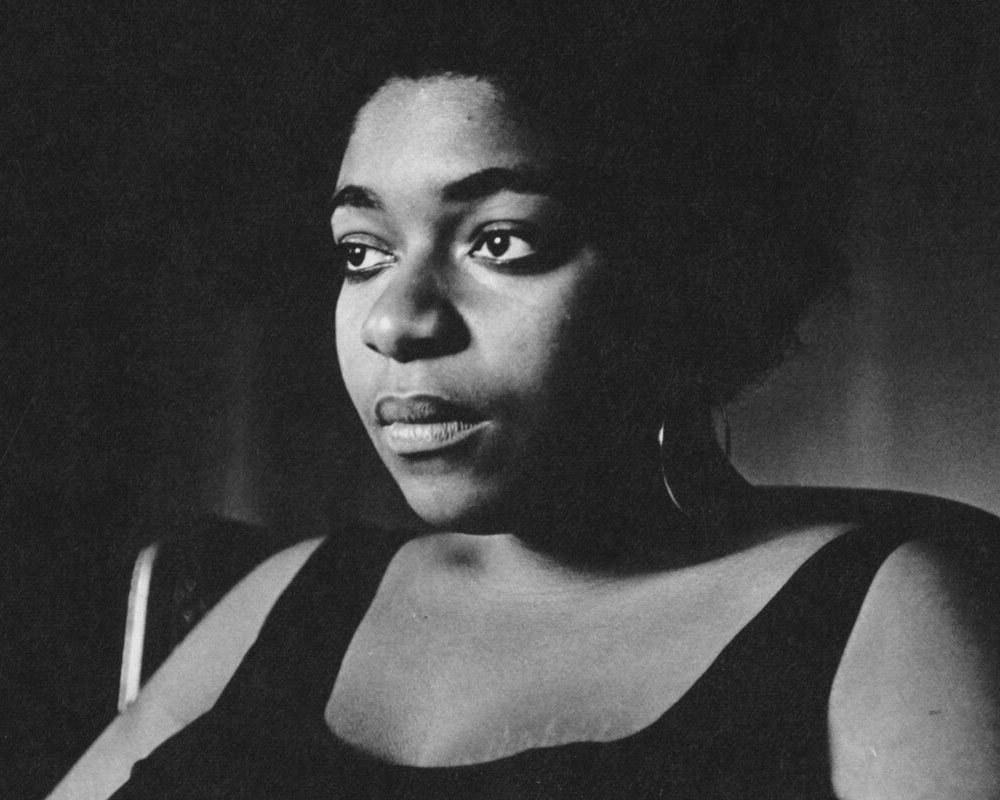


![Photo of Prof. Marvin Levich [philosophy 1953–94]](https://www.reed.edu/reed-magazine/in-memoriam/assets/images/2022/LTL-levich1.jpg)
![Photo of President Paul E. Bragdon [1971–88]](https://www.reed.edu/reed-magazine/in-memoriam/assets/images/2020/Bragdon.jpg)
![Photo of Prof. Edward Barton Segel [history 1973–2011]](https://www.reed.edu/reed-magazine/in-memoriam/assets/images/2020/Segel.jpg)








































































